 Abraham Lincoln
If given the truth, the people can be depended upon to meet any national crisis...
Abraham Lincoln
If given the truth, the people can be depended upon to meet any national crisis...
 Guildford news...
for Guildford people, brought to you by Guildford reporters - Guildford's own news service
Guildford news...
for Guildford people, brought to you by Guildford reporters - Guildford's own news service
Birdwatcher’s Diary No.194
Published on: 7 Sep, 2019
Updated on: 7 Sep, 2019
By Malcolm Fincham
By the start of August, blackbirds, normally with ‘fluty’ songs, had once again fallen silent for the rest of the year. However, it wasn’t too long before our robins had ended their moult and could be heard once again tuning-up with their melodic song.
Worth a mention was a trip just beyond Surrey to Pulborough in West Sussex on August 13. Meeting up with school-time friends David Rose and Simon Vine. It was a pleasant afternoon and though close to 50 years have now passed “under the bridge” since we first met we do meet up on a few occasions since the days of our youth.
Our last meeting had been nearly a year ago and was a trip to Thursley Common.
Pulbrough Brooks gave me the opportunity to give them a guided tour around the reserve that I have written about on numerous previous reports, although neither Simon or David had ever been there. Although unfortunate in being a quite moment of the year bird-wise, a dry day of intermittent sunny periods made it a pleasurable one.
Personalty disappointed not to find any of the brown hairstreak that I had previously recorded there, I was able to point out a verity of other butterflies.
These included:
Painted ladies.
Brown argus.
Red admiral.
Common blue.
Small heath.
As well as small copper butterflies.
Out on the brooks a kestrel could be seen hunting.
A group of 30 or more starlings could be viewed, along with the usual resident house sparrows, gathering at the feeding station outside the visitor centre. The serenity of their chattering was shattered in the blink of an eye as a sudden rumpus ensued. Flashing past us, low over the bramble bushes, was a sparrowhawk.
With little hope of an action shot, I instinctively attempted a photo. Although not totally satisfied with the results of the precipitant time I had to take them. I was grateful for the few acceptable shots I did get.
Certainly more grateful than the one less starling that had demised. Reluctantly “taking one for the team”, as they say, in the clutches of the hawk’s talons.
Far more tranquil to our eyes was to watch the dark breed of fallow deer that roamed the surrounding fields we viewed from the cafe garden, while rewarding ourselves with coffee and cake.
Continuing my “magical mystery tour” of adventures around various locations around the Surrey Hills local to Guildford during the last few weeks of August, took me firstly in the direction of Bookham Common. With the addition of the keen eyes of wildlife companions Dougal and Bob.
Our thoughts, and my personal quest, was to discover and photograph the last of the 40 species of butterflies that can still be seen within the Surrey boundary.
The butterfly in question on this occasion was the brown hairstreak. It is often the last of our summer butterflies to emerge “locally” as the butterfly season starts to ebb away.
Elusive in their nature, as hairstreaks are renown to be, they can be best found on blackthorn, where the females lay their eggs.
Although some patience was required, a few distractions were inevitable. This included the sound of a marsh tit, allowing me a good photo opportunity.
Eventually our longanimity prevailed as a female brown hairsteak eventually made an appearance.
I was also fortunate to find and photograph another a few days later on August 18, along the blackthorn hedge that lines the topmost part of Pewley Down.
Gatekeepers could still be viewed around the Surrey countryside, though by now dwindling in number.
Elsewhere around the Surrey countryside wasp spiders could be found again this year at Tice’s Meadow, near Tongham.
While to the north of Guildford at Britten’s Pond, near Whitmoor Common, a brood of kingfishers had fledged and could be viewed during several visits I made there, as they flew low across the water.
While on a passing visit there on August 19 I enjoyed a quiet hour or so watching and reminiscing a past hobby of fishing. I dreamily watched an angler cast out his line in the hope of catching a fish, while watching a pair of grey wagtails flitted back and forth from a raft on the water, fly-catching.
When a fleck of halcyon blue passed by in my peripheral vision settling partially out of view in a nearby sallow. To my surprise it reappeared, settling on the fisherman’s rod close by, allowing me several photos of it, before it flew back across the lake.
Smiling, the fisherman turned my way, telling me “that’s the third time today, it’s perched on my rods!”
As the evening light began to fade, a mute swan stretched its wings before settling down, safe from predators, on an island on the lake.
I find evenings the best part of the day to be out walking, especially at this time of the year. Visits to Whitmoor Common enabled me to enjoy the low sun reflecting on the heather, still in blossom, across the heathland.
Dartford warblers were settling down for the night, allowing close views.
Stonechats continued to be seen there, often perched on top of small bushes, occasionally taking flight to catch a passing flying insect.
While a green woodpecker took up its usual pose on a fencepost.
Evening visits to the Riverside Nature Reserve, near Burpham, saw starlings continuing to increase in number on the pylons and along its wires. Then taking flight in unison just before dusk to a roost at a location unknown to me.
Long-tailed tit flocks were also increasing in their number, sometimes counting as many as 30 or more, as they flew from tree to tree in singles and pairs.
At Stoke Lake three kingfishers could be seen on several of my evening visits as the month began to wane, allowing me a few passing shots as they flew back and forth across the lake.
Meanwhile, a pair roe deer enjoyed the last of the sunlight as they grazed in the field by Stoke Lock.
As August came to a close, reports on birds now starting to pass through Surrey on migration back to Africa continued to increase.
The last of the young house martins were now beginning to fledge at the various local sites I visited.
Flocks of swallows were already being reported, gathering in areas along the south coast, readying themselves for their flight back to Africa.
On August 31, I visited Papercourt water meadows near Send, following up on reports of six whinchats having been seen there, stopping off while heading south on migration. With little time and a lot of land to cover there before sunset, I headed across the marshland, now no more than damp underfoot from the continued dry spell of weather.
Having been fooled by several similar sized stonechats perched up on distant bushes, eventually I was able to pick out at least four. I even managing to record a few photos before the sun set.
Although half expecting to see a barn owl quartering the fields, the added bonus of a hobby flying overhead, was a welcome compromise.
With the sun setting on another month, and noticeably earlier now, summer was now, once again, certainly ebbing away.
Recent Articles
- Dragon Interview: Council Leader on the Latest HRA Report
- Stage Dragon: Murder on the Orient Express – Yvonne Arnaud Theatre
- Letter: GBC Improvement Work Was Hampered By Its Culture
- Letter: Half and Half is the Solution for Clandon House
- Camberley’s House of Fraser To Be Left Mothballed
- HRA Report Shows Overspend and Possible Fraud Occurred Despite Many Warnings
- Letter: Those in Elected Office Should Refrain from Deliberately Misleading the Public
- Cup Run Ends After City Fade in Second Half
- Press Regulator Condemns Behaviour of News Group Newspapers
- MP Says Raw Sewage Flooding Gardens Is ‘Absolutely Disgusting’ – ‘Thames Water Must Stop It’


Search in Site
Media Gallery
Dragon Interview: Local Artist Leaves Her Mark At One of England’s Most Historic Buildings
January 21, 2023 / No Comment / Read MoreDragon Interview: Lib Dem Planning Chair: ‘Current Policy Doesn’t Work for Local People’
January 19, 2023 / No Comment / Read MoreA3 Tunnel in Guildford ‘Necessary’ for New Homes, Says Guildford’s MP
January 10, 2023 / No Comment / Read More‘Madness’ for London Road Scheme to Go Ahead Against ‘Huge Opposition’, Says SCC Leader
January 6, 2023 / No Comment / Read MoreCouncillor’s Son Starts Campaign for More Consultation on North Street Plan
December 30, 2022 / No Comment / Read MoreCounty Council Climbs Down Over London Road Works – Further ‘Engagement’ Period Announced
December 14, 2022 / No Comment / Read MoreDragon Interview: GBC Reaction to the Government’s Expected Decision to Relax Housing Targets
December 7, 2022 / No Comment / Read MoreHow Can Our Town Centre Businesses Recover? Watch the Shop Front Debate
May 18, 2020 / No Comment / Read More



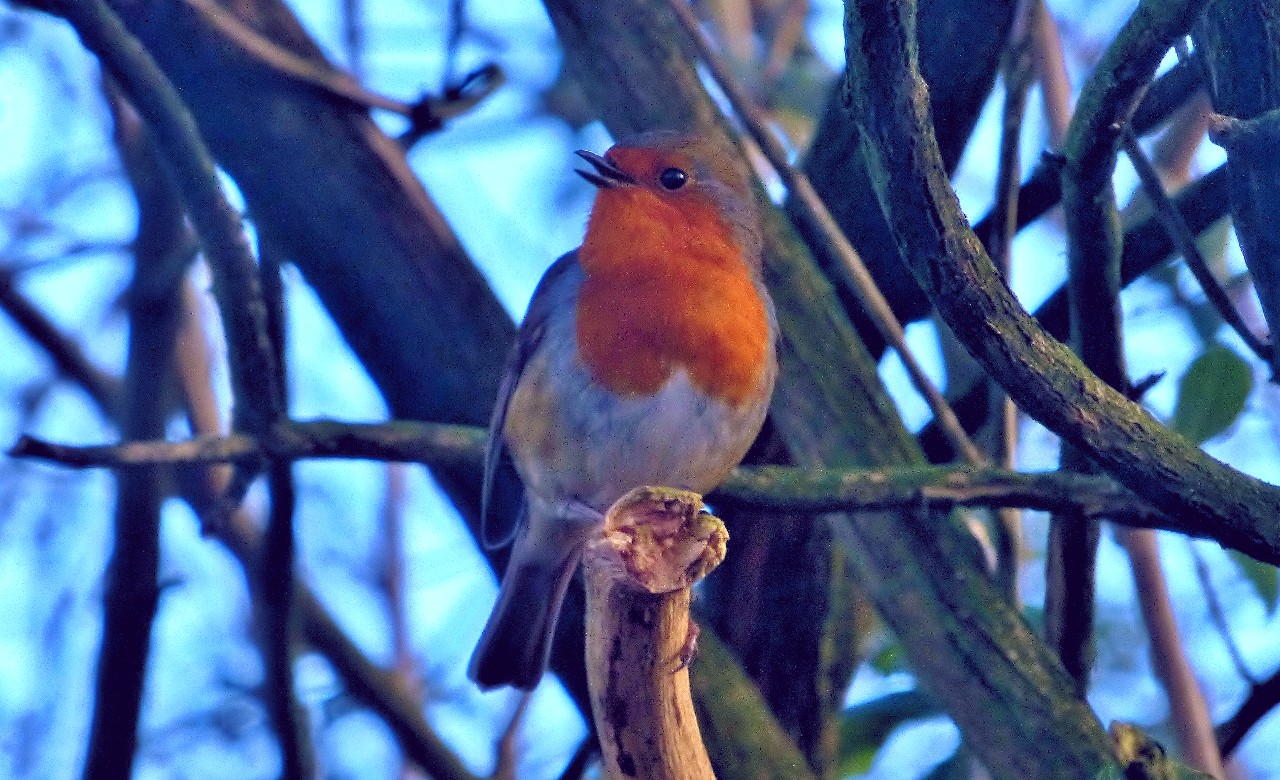
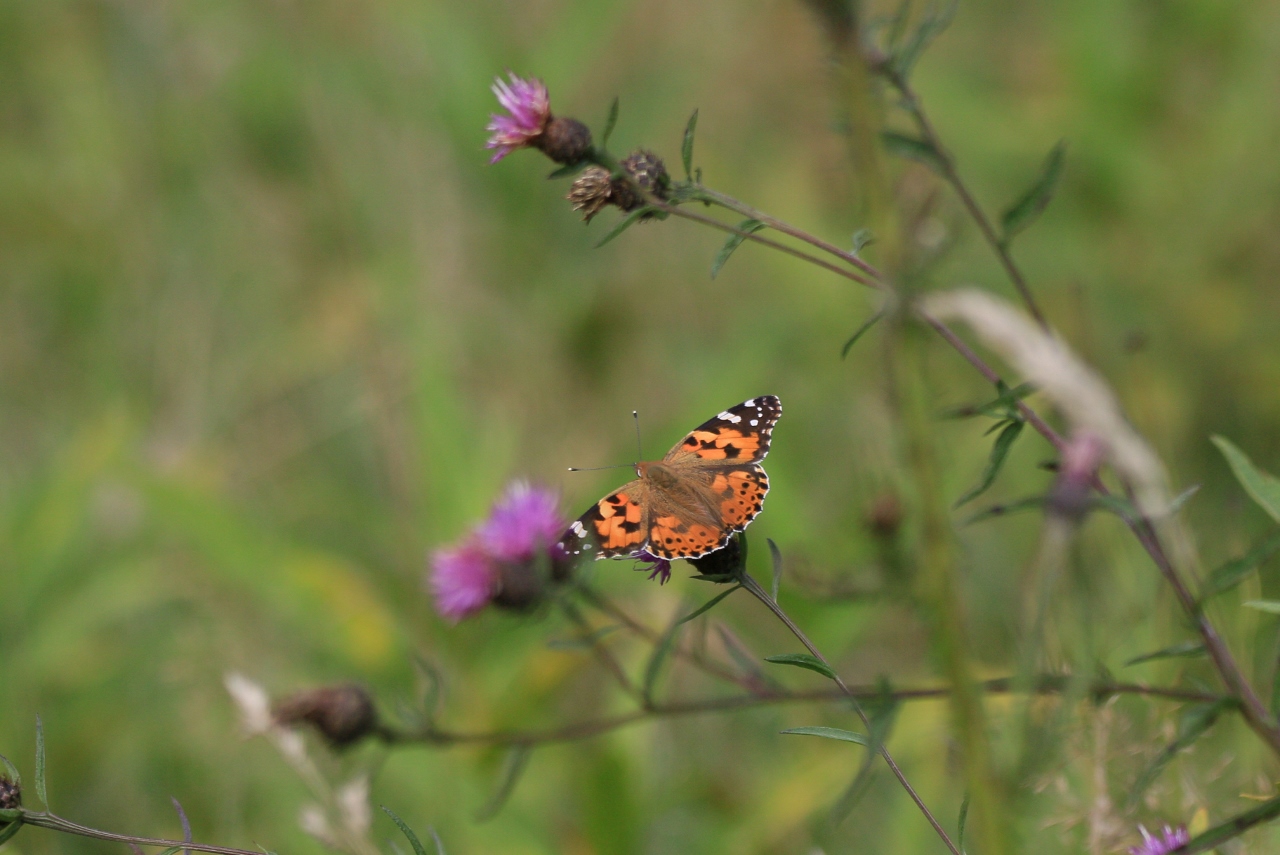
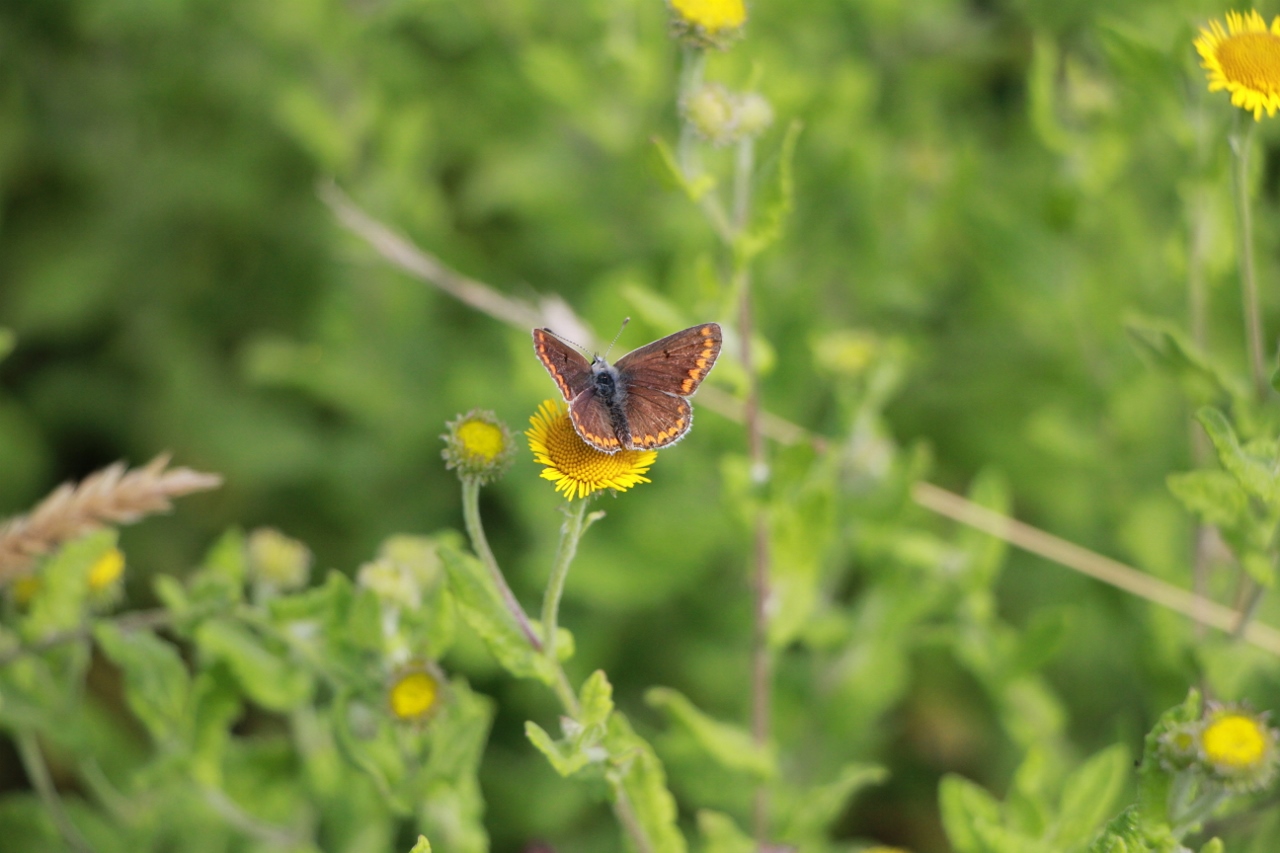
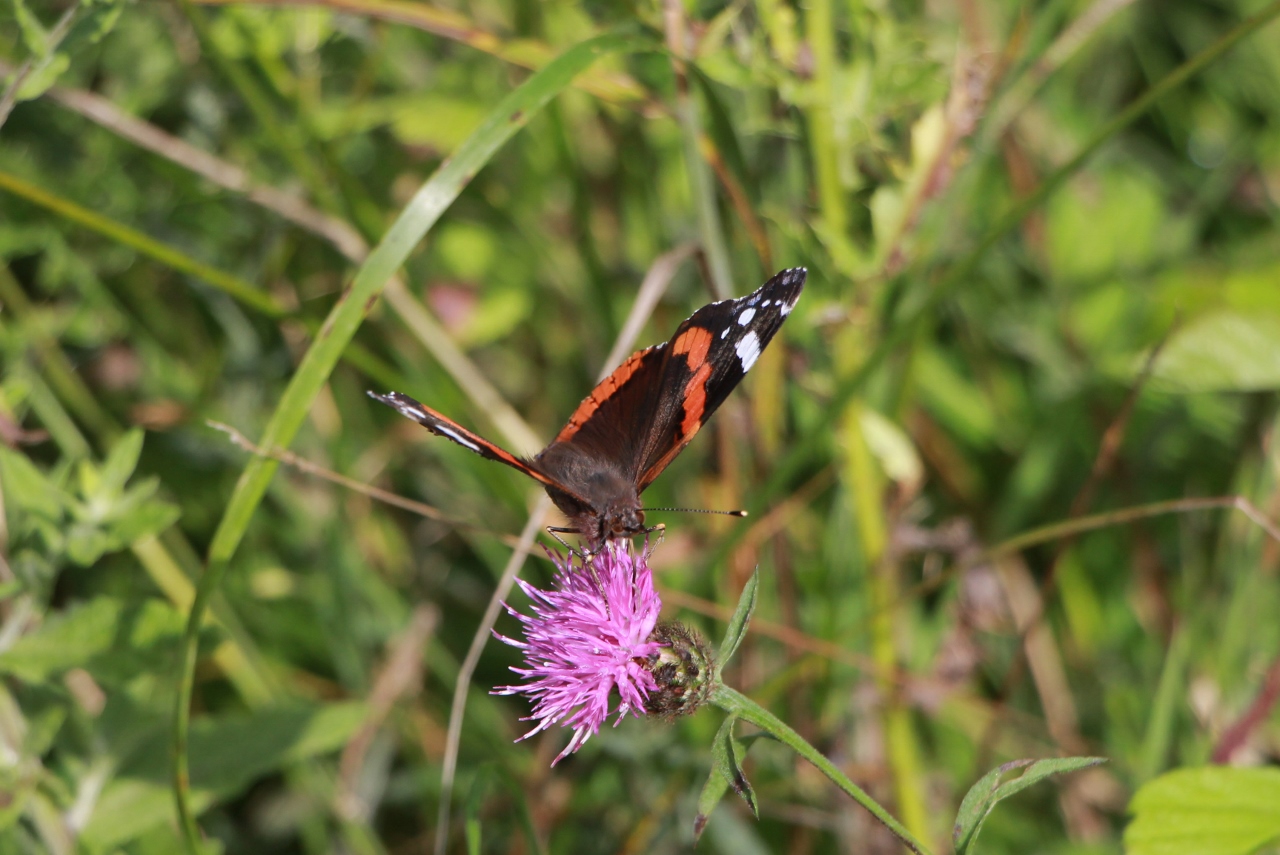
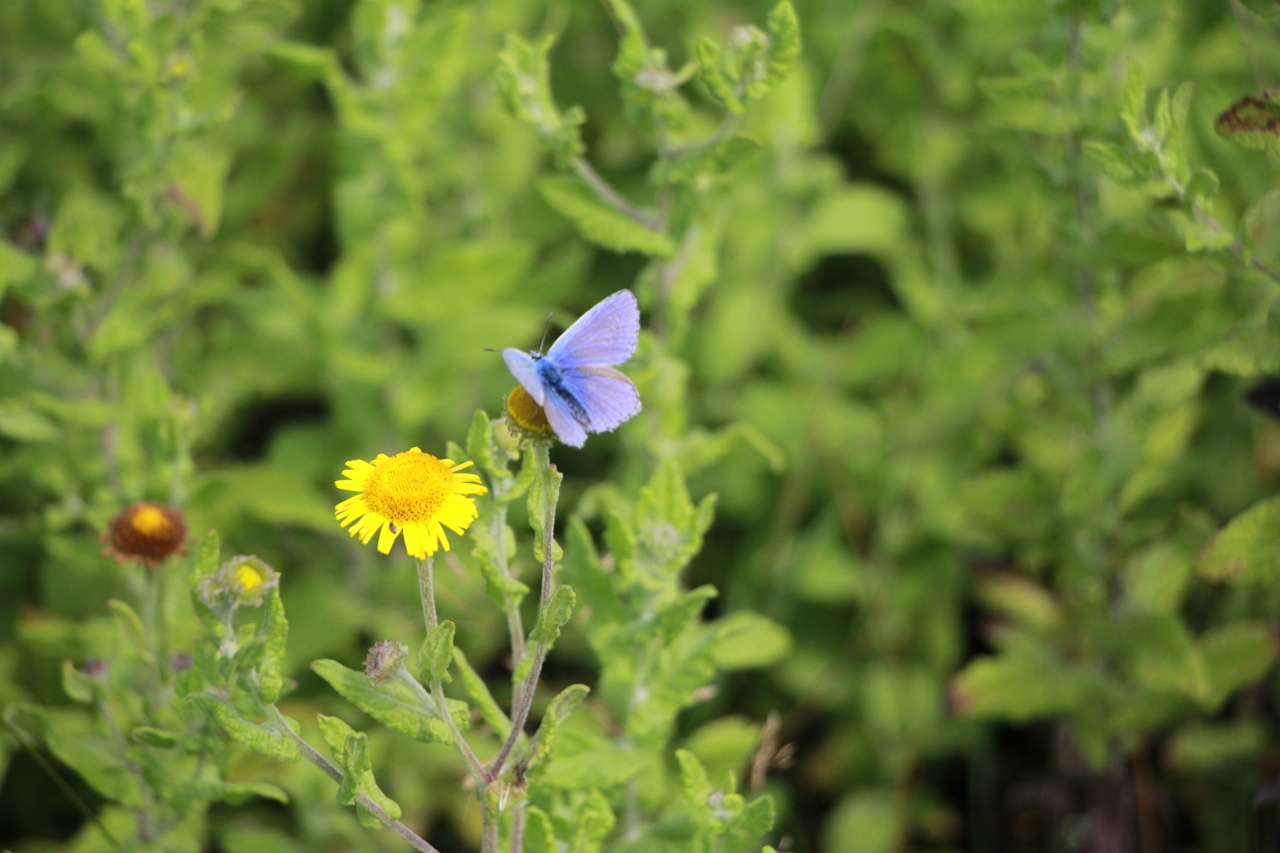
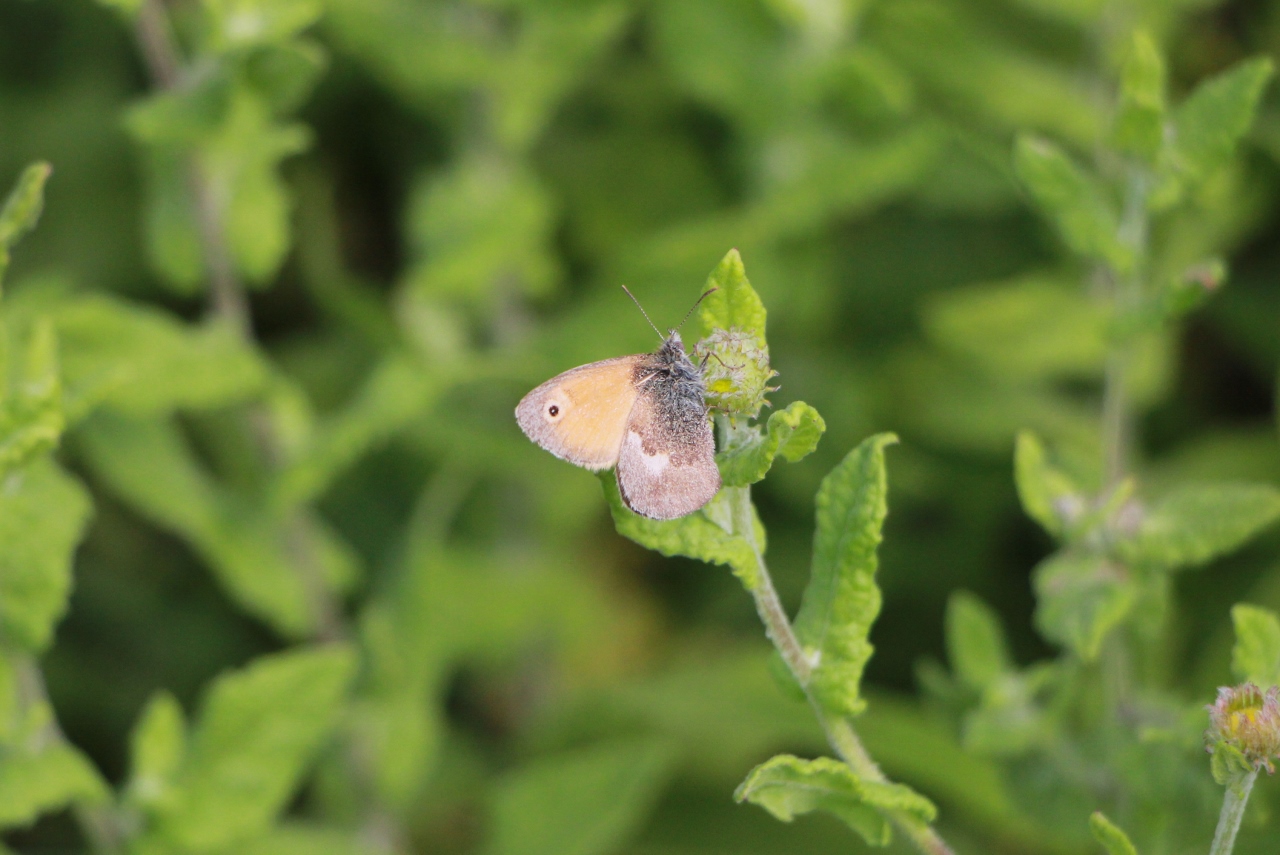
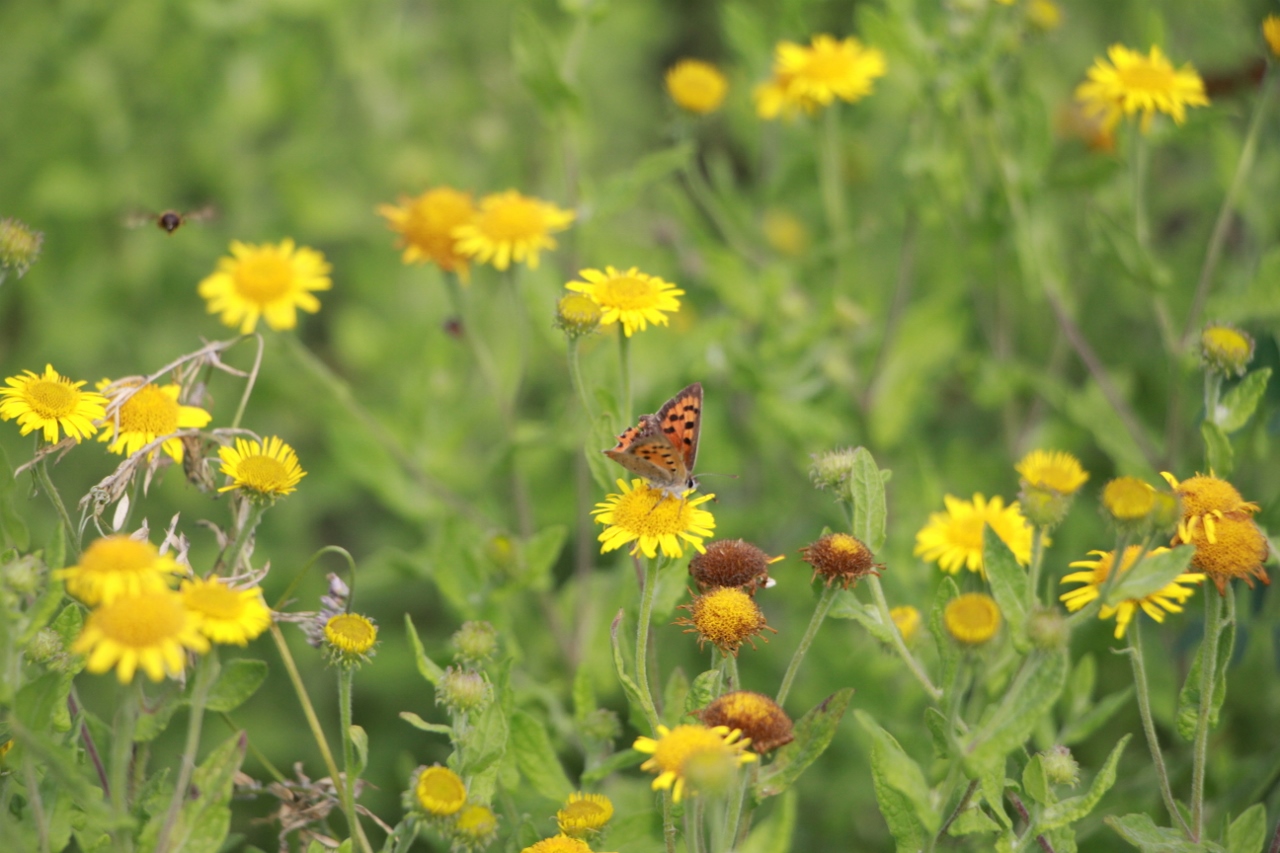
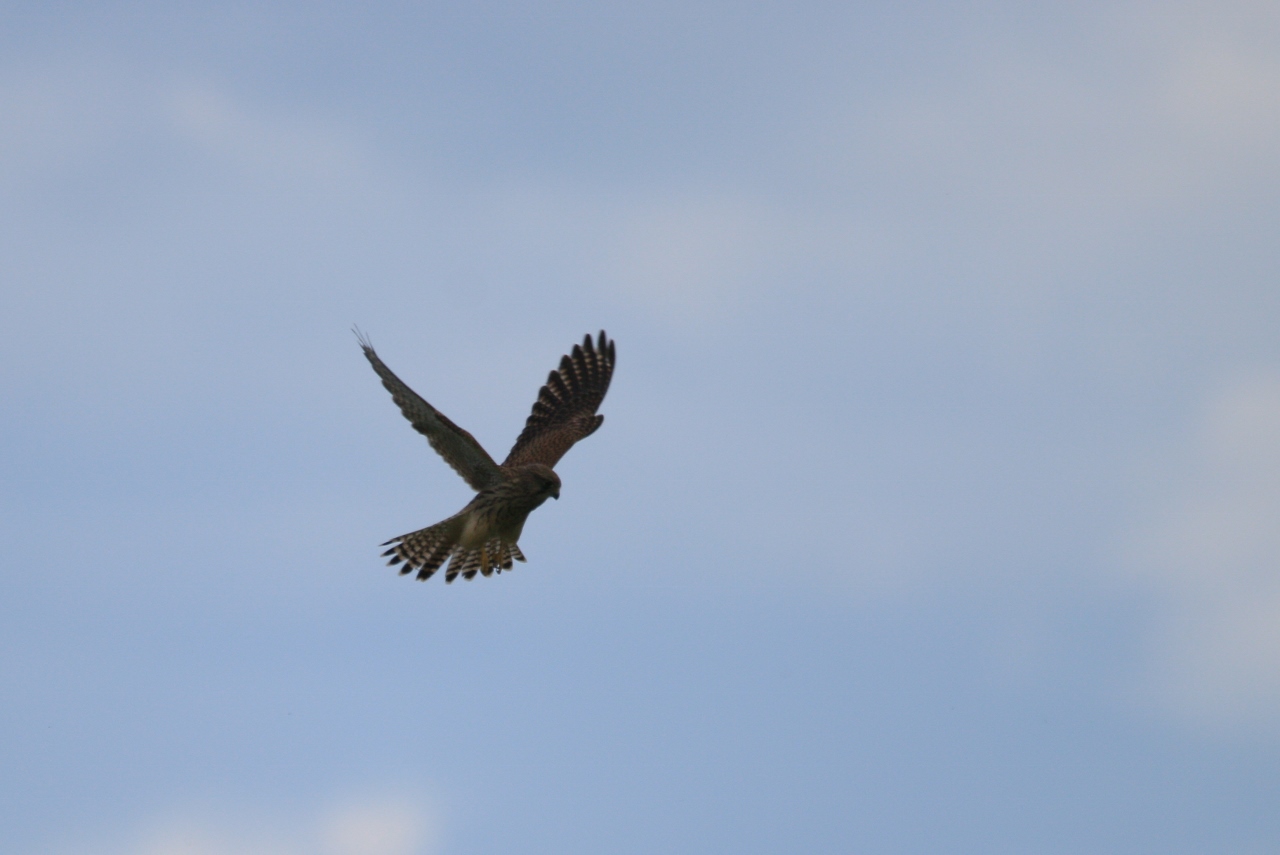
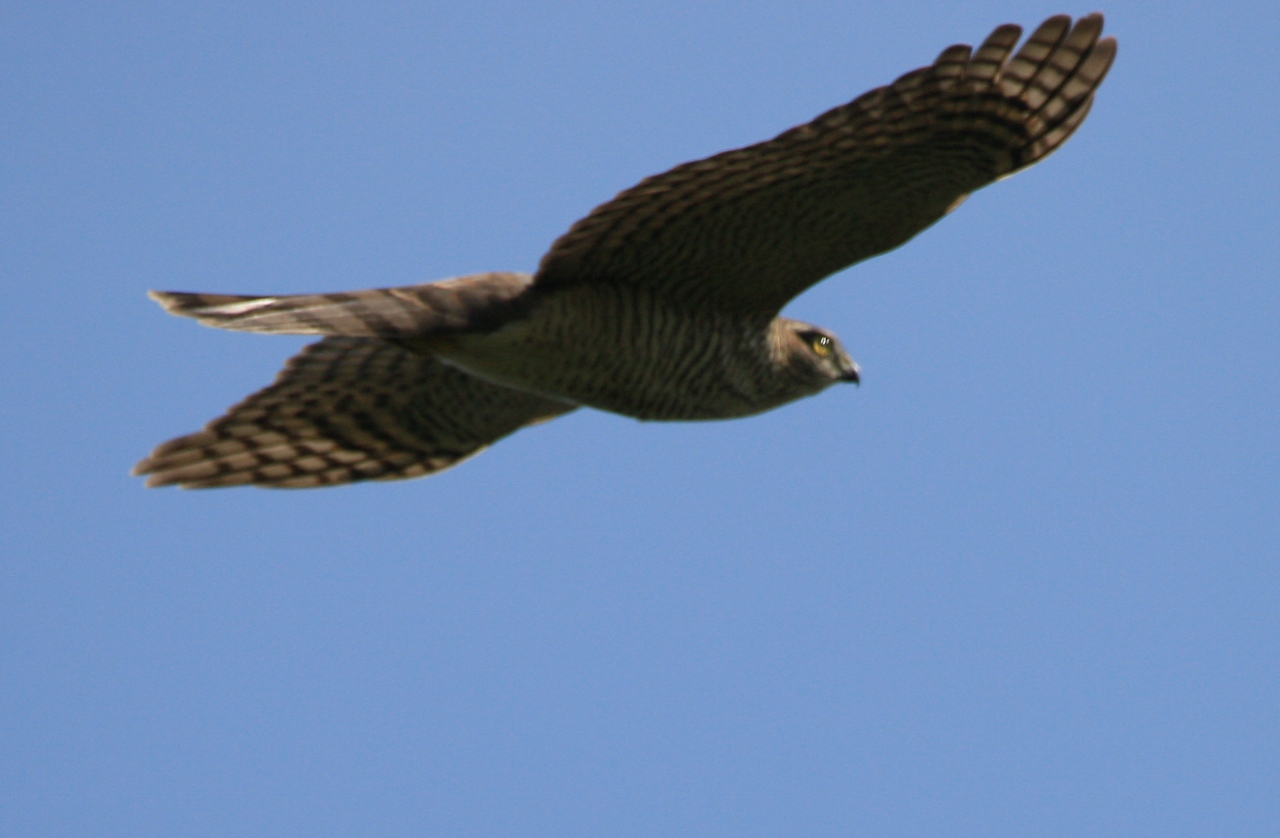
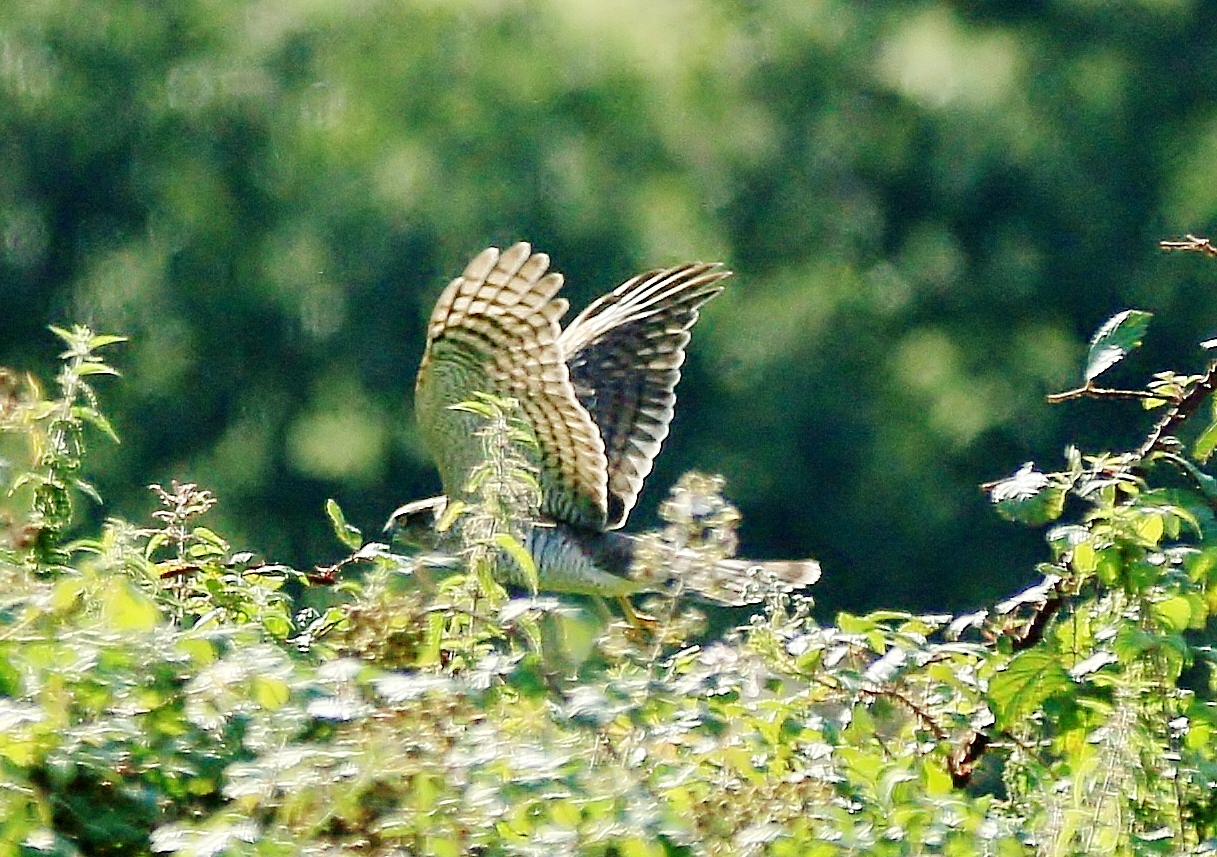
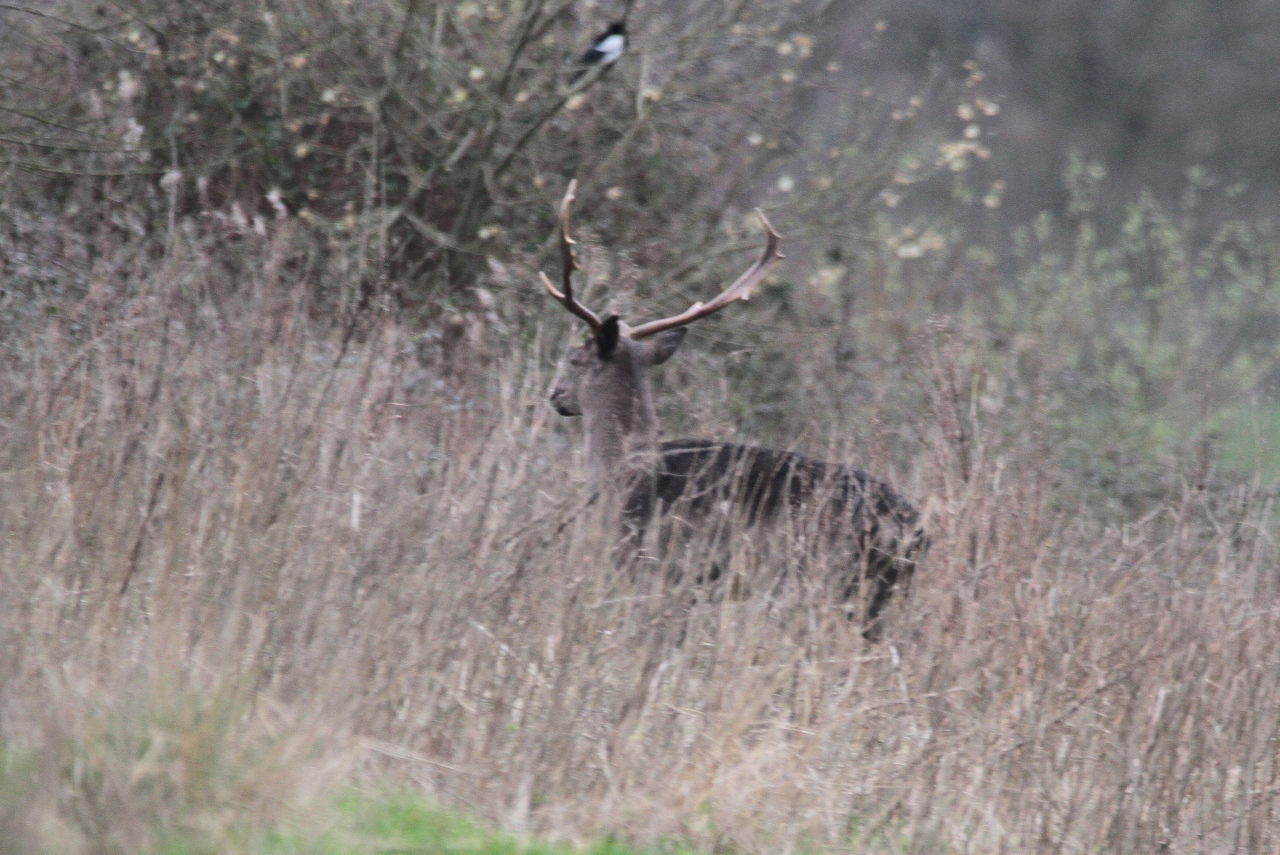
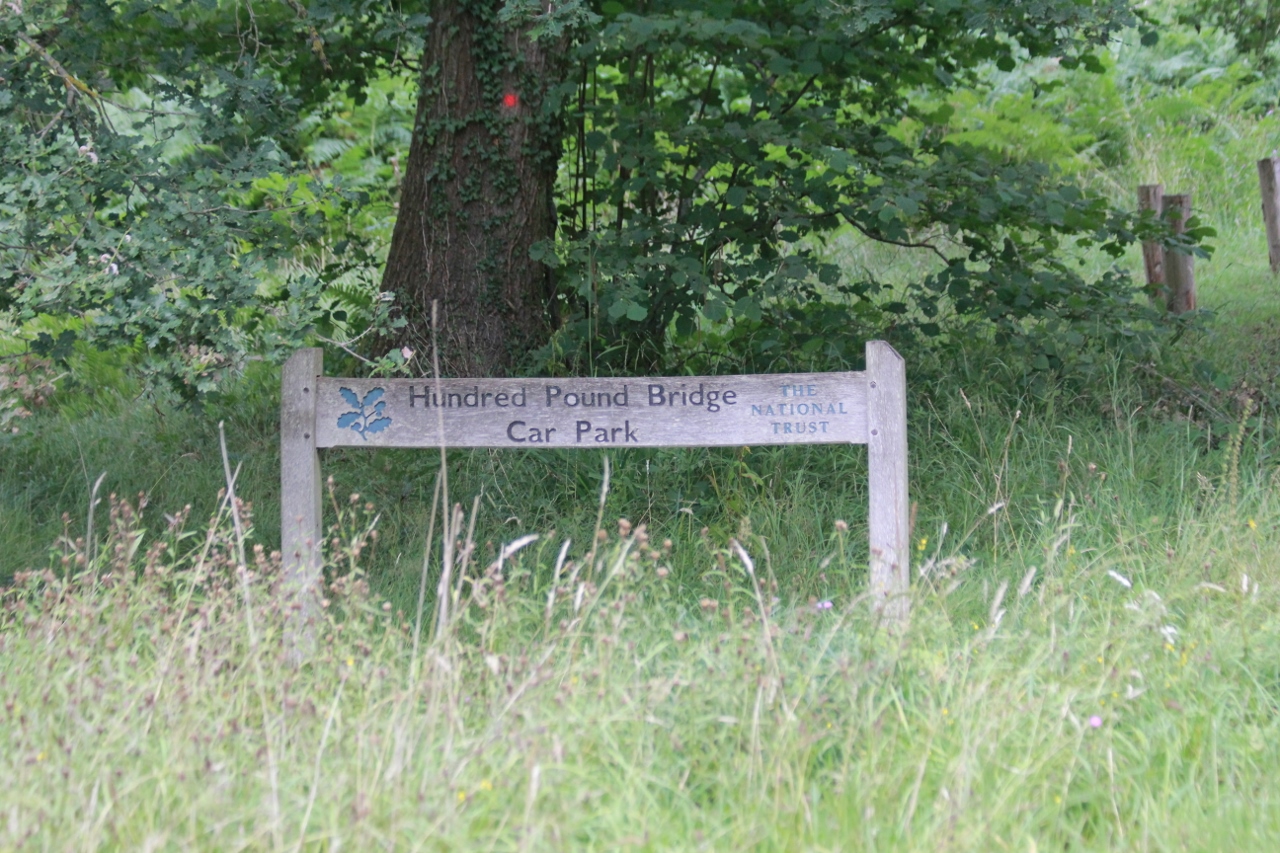
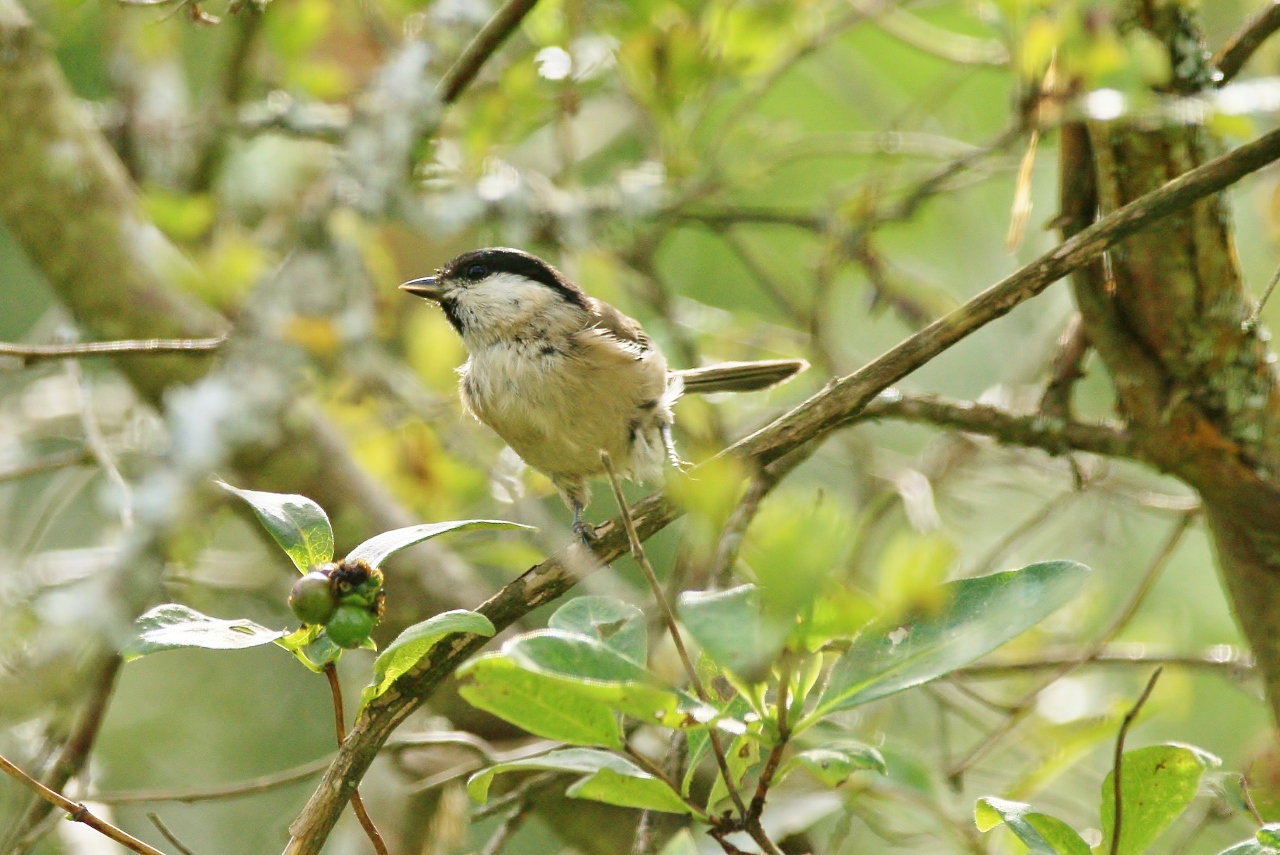
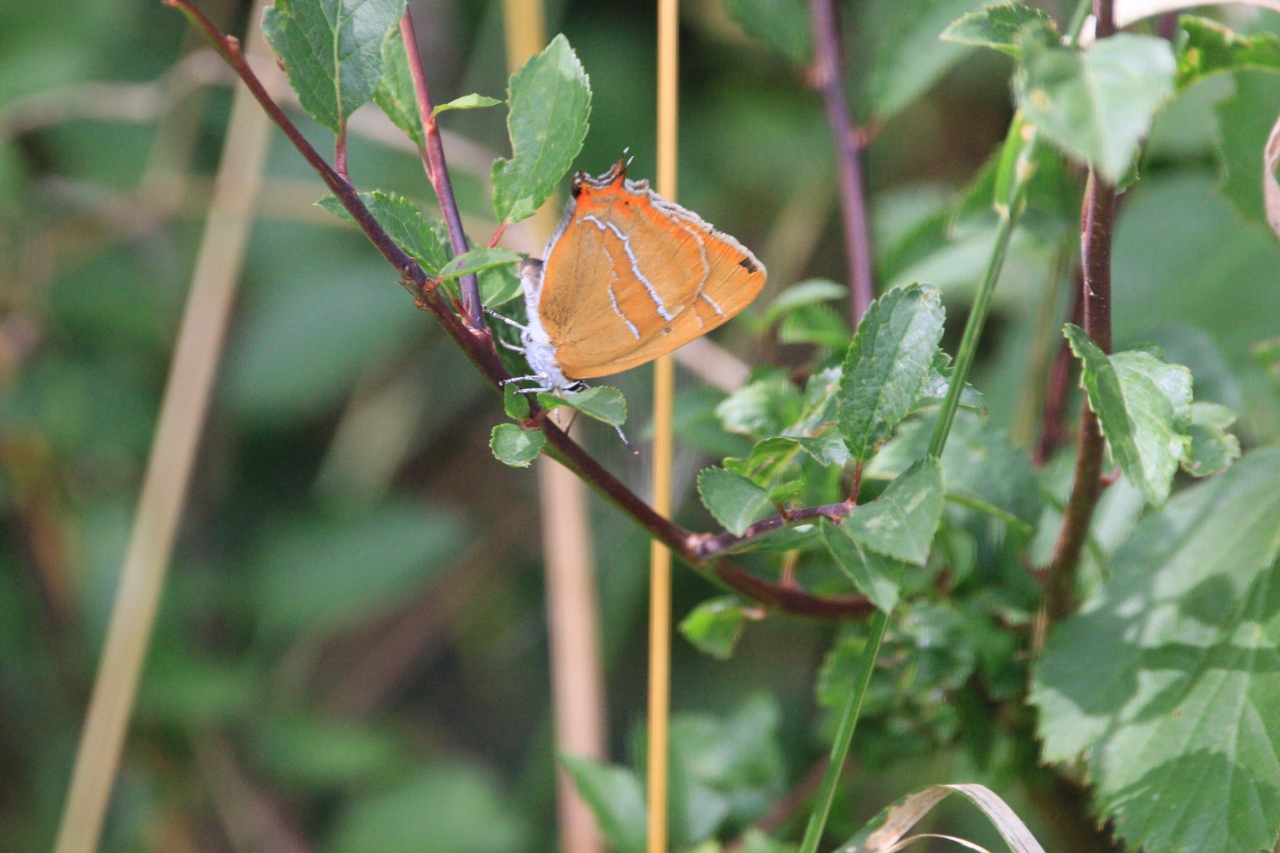
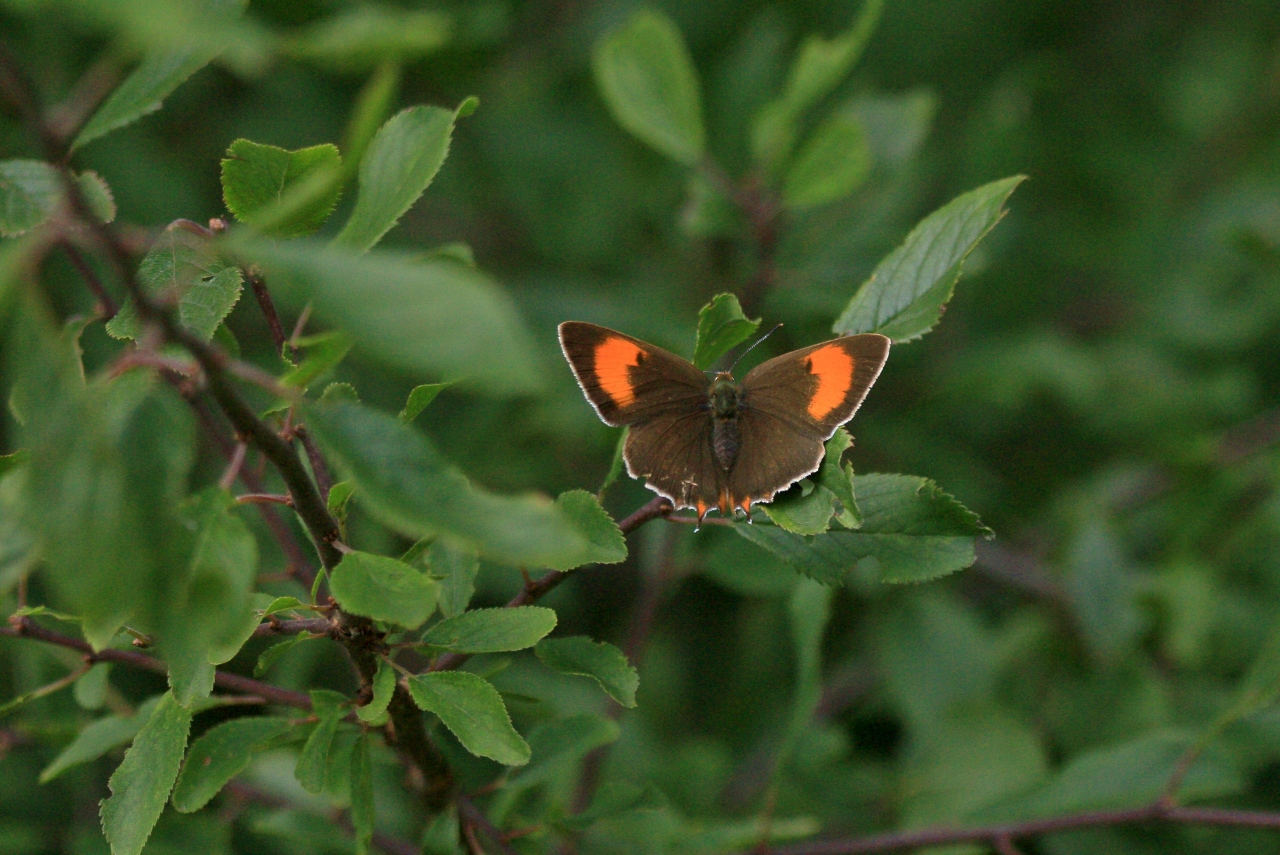
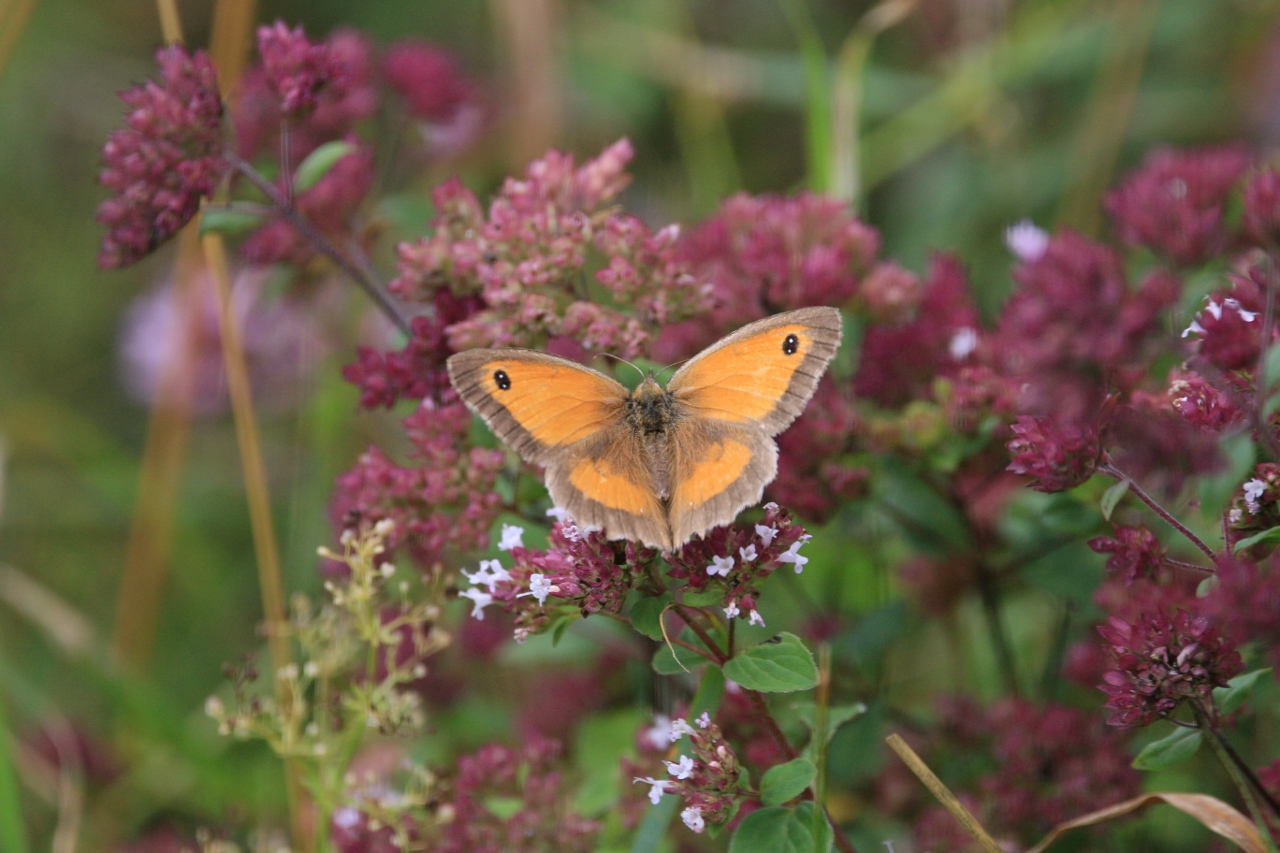
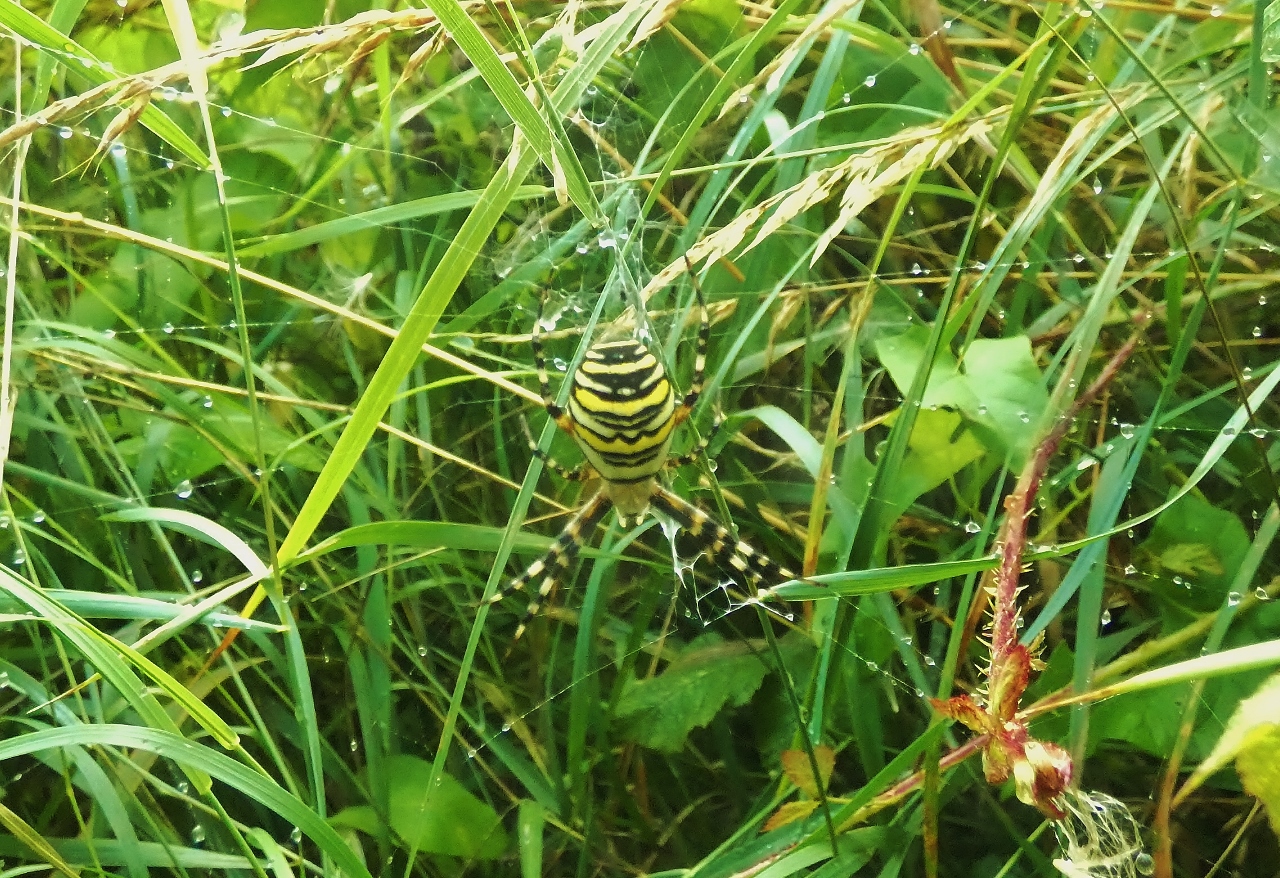
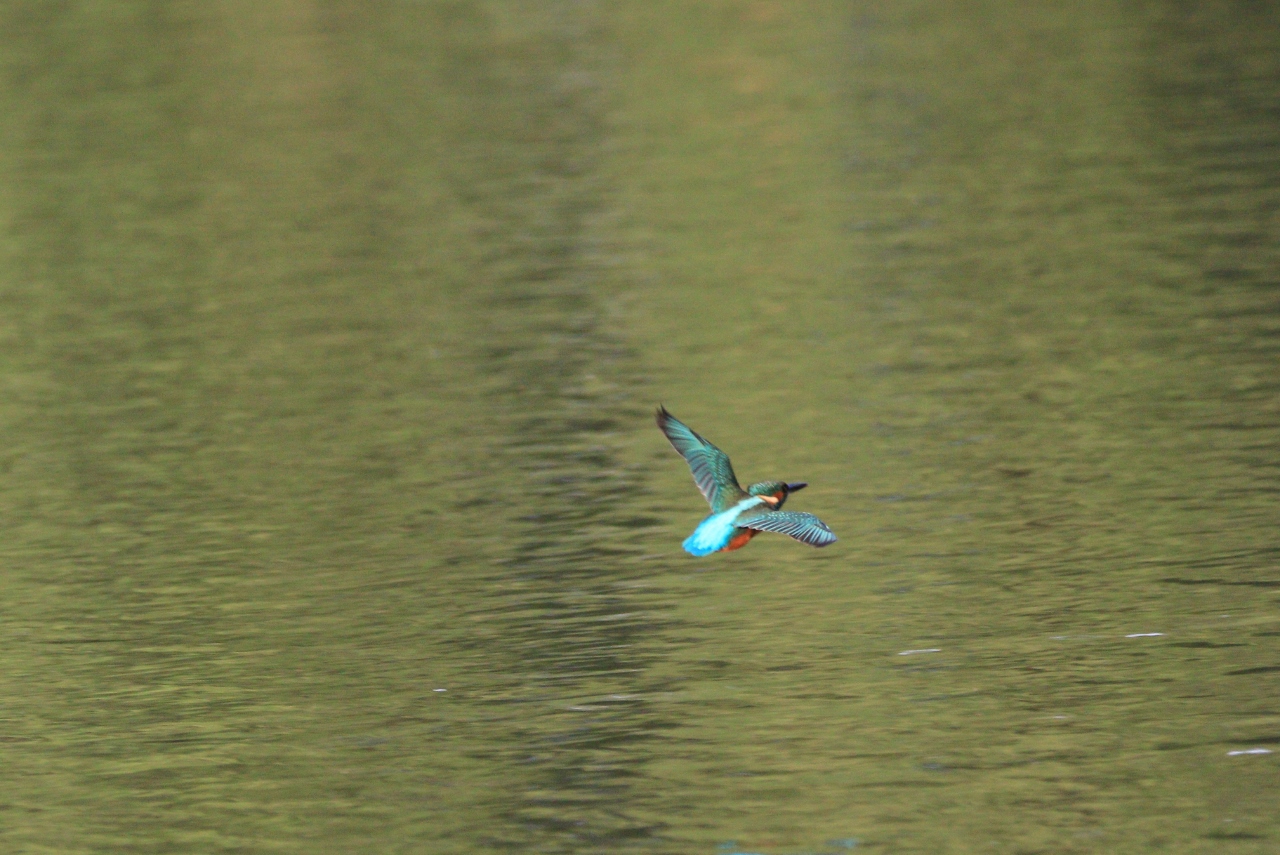
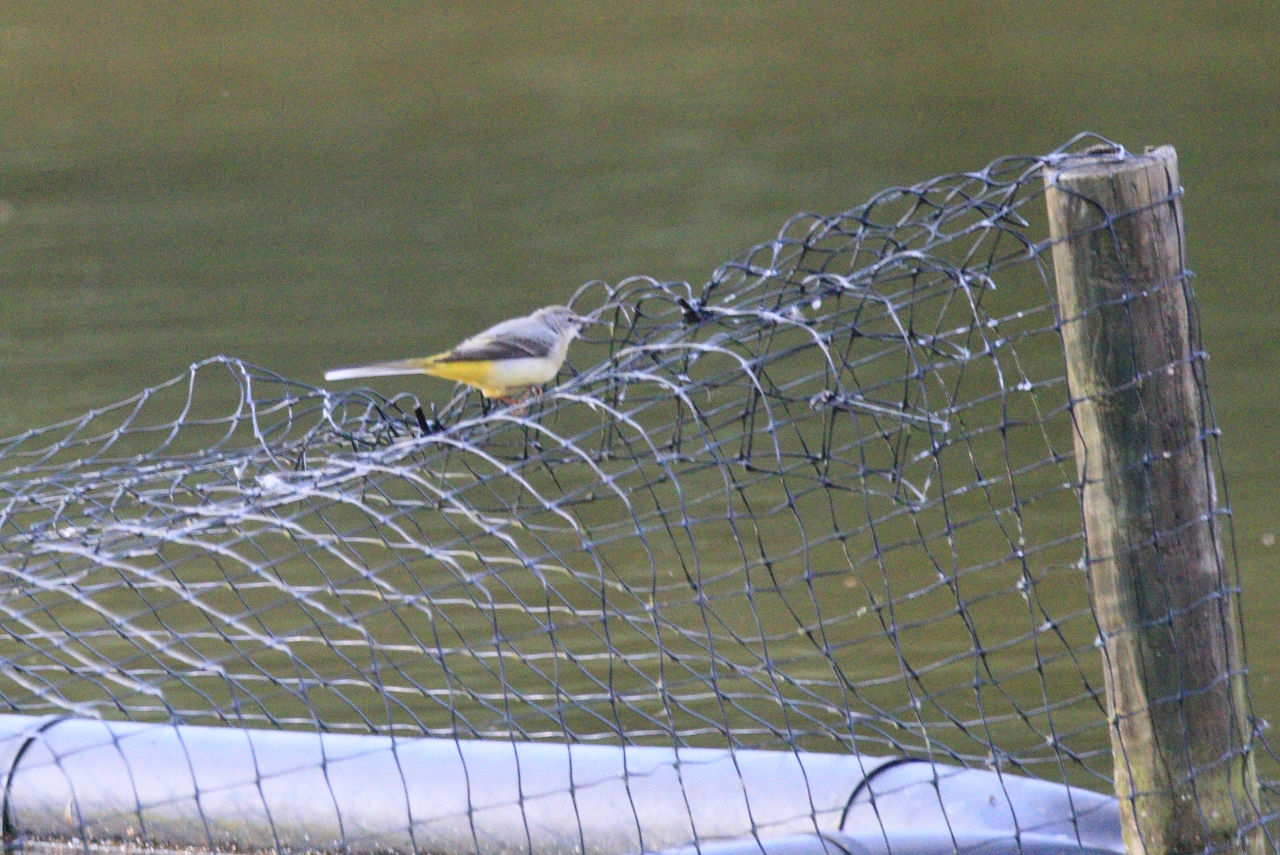
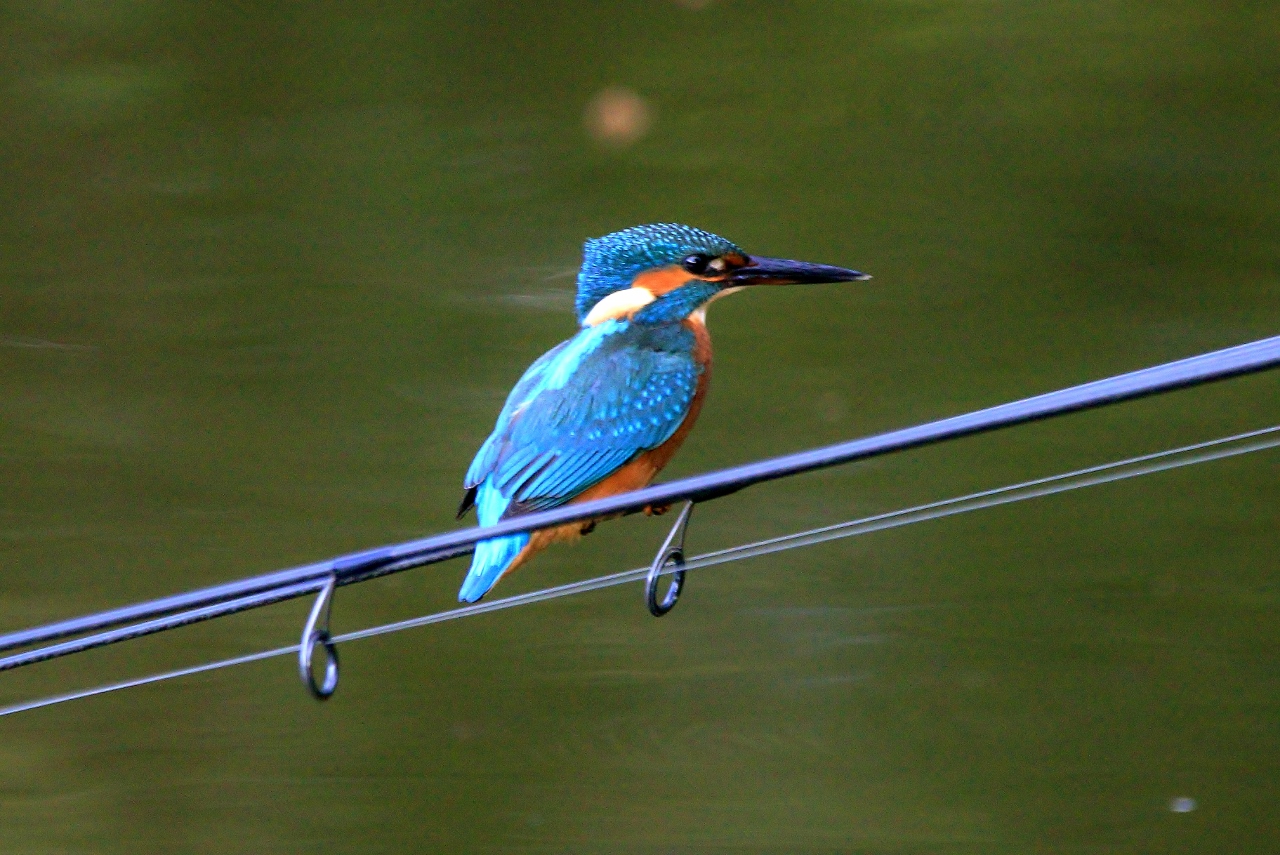
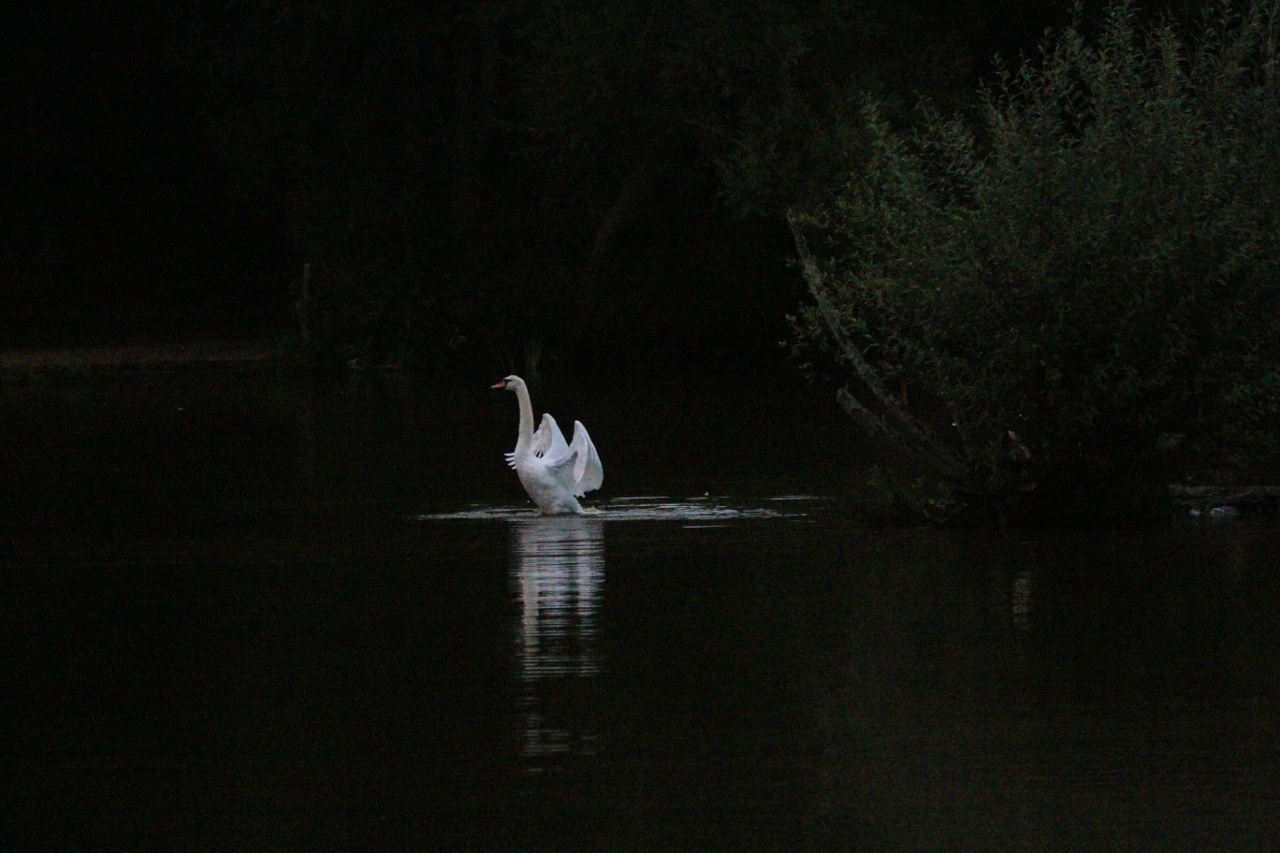
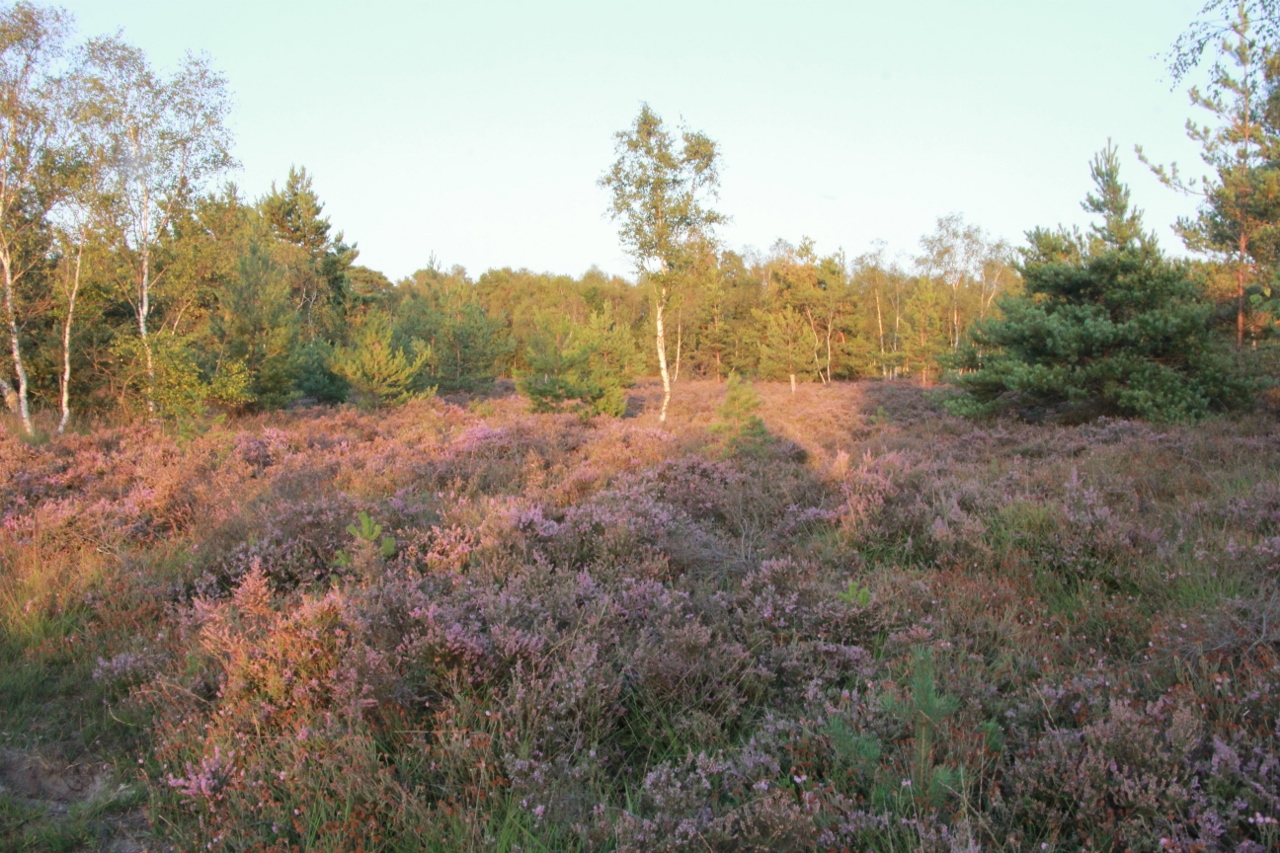
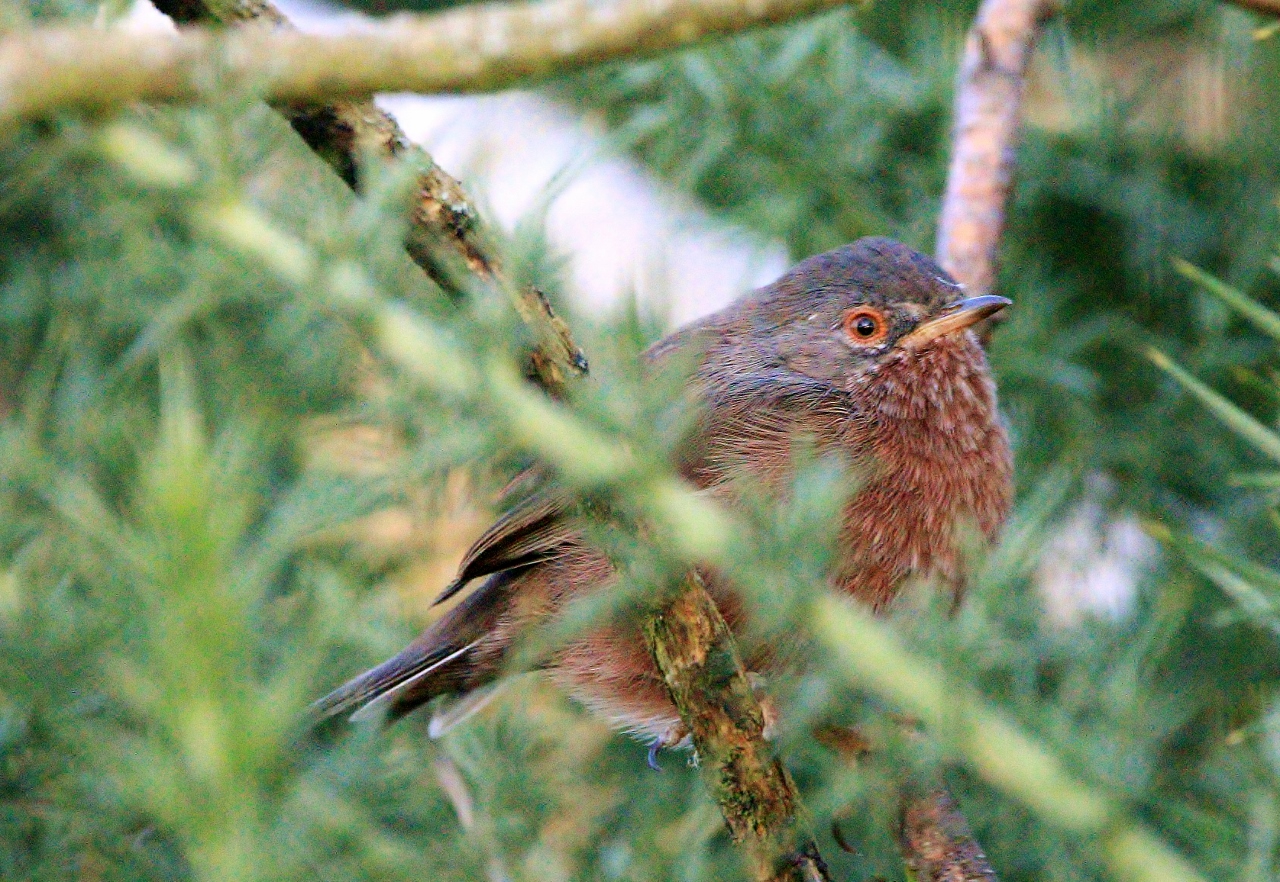
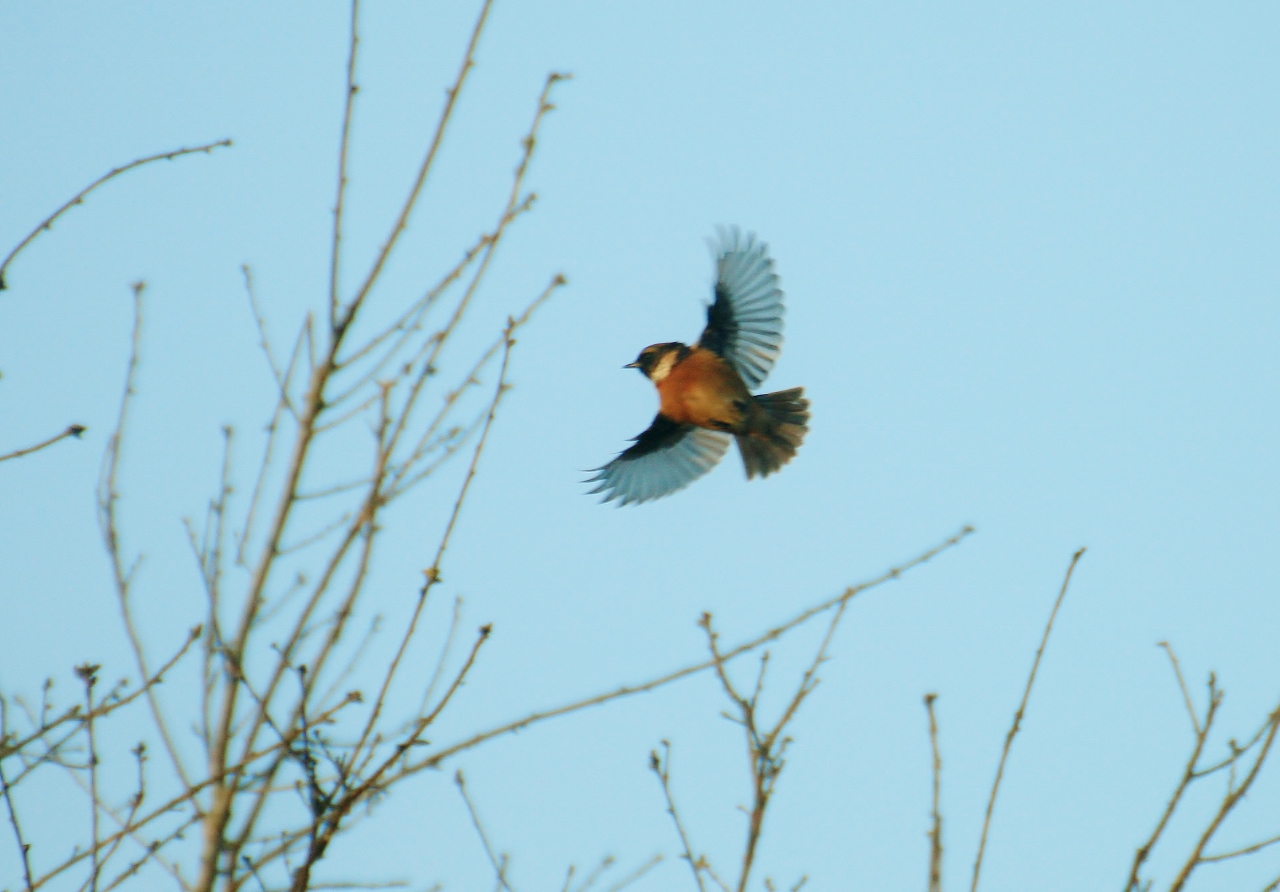
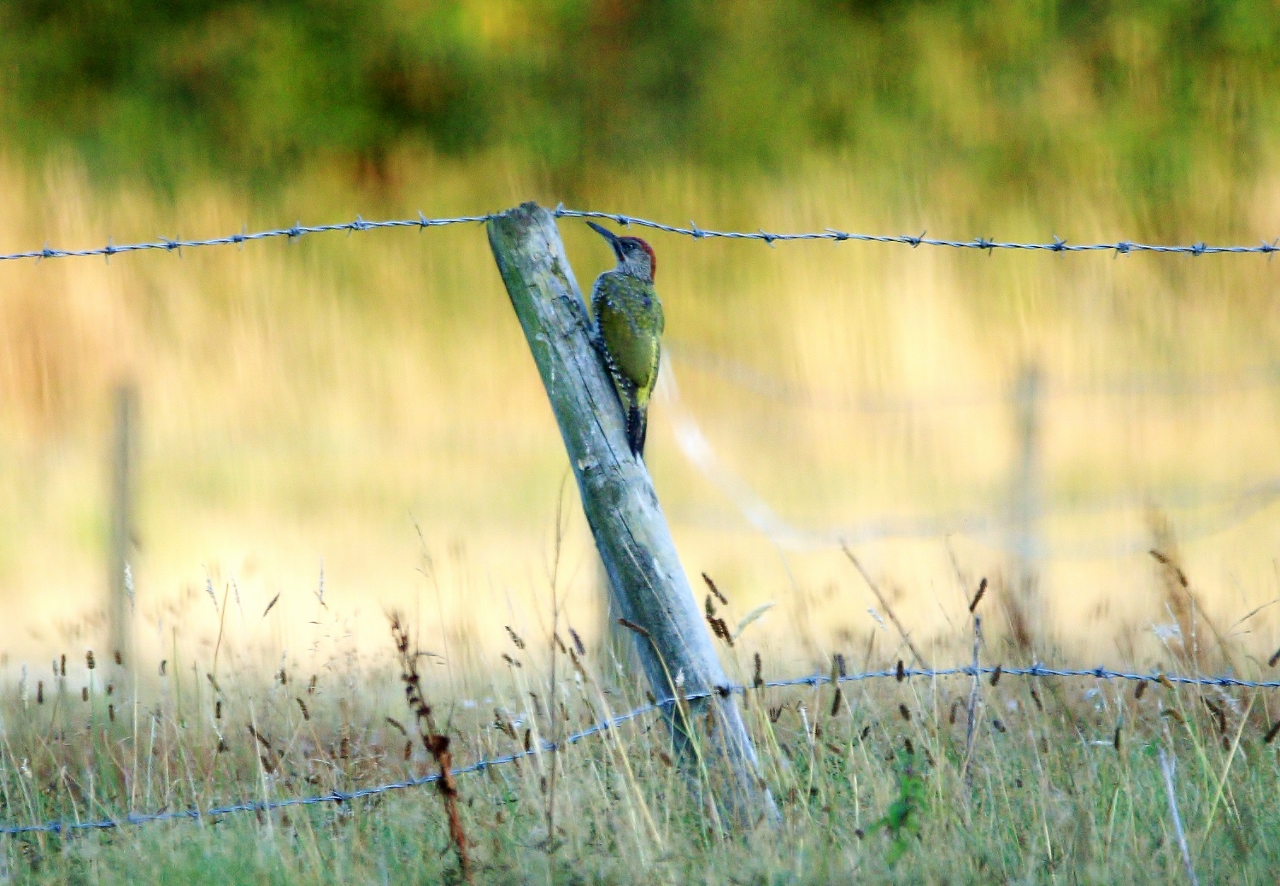
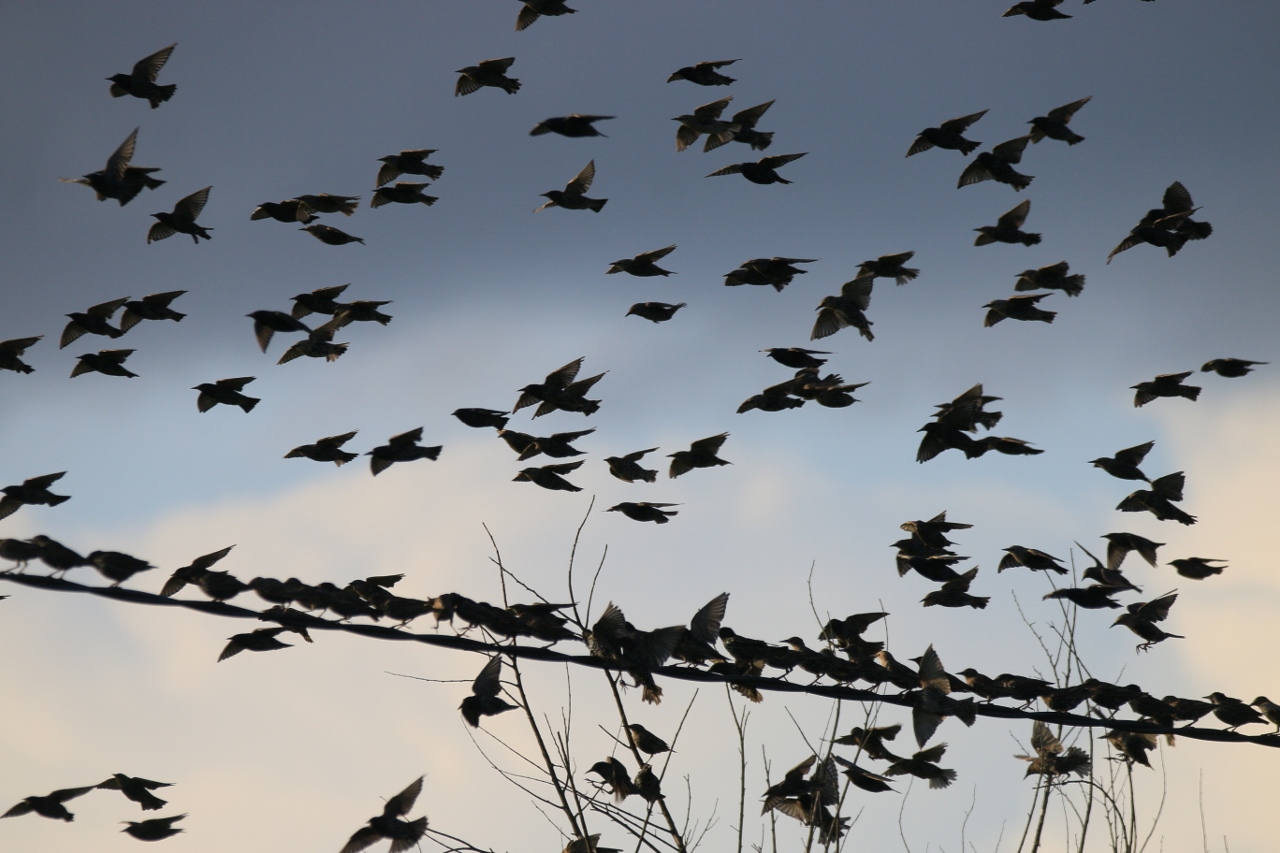
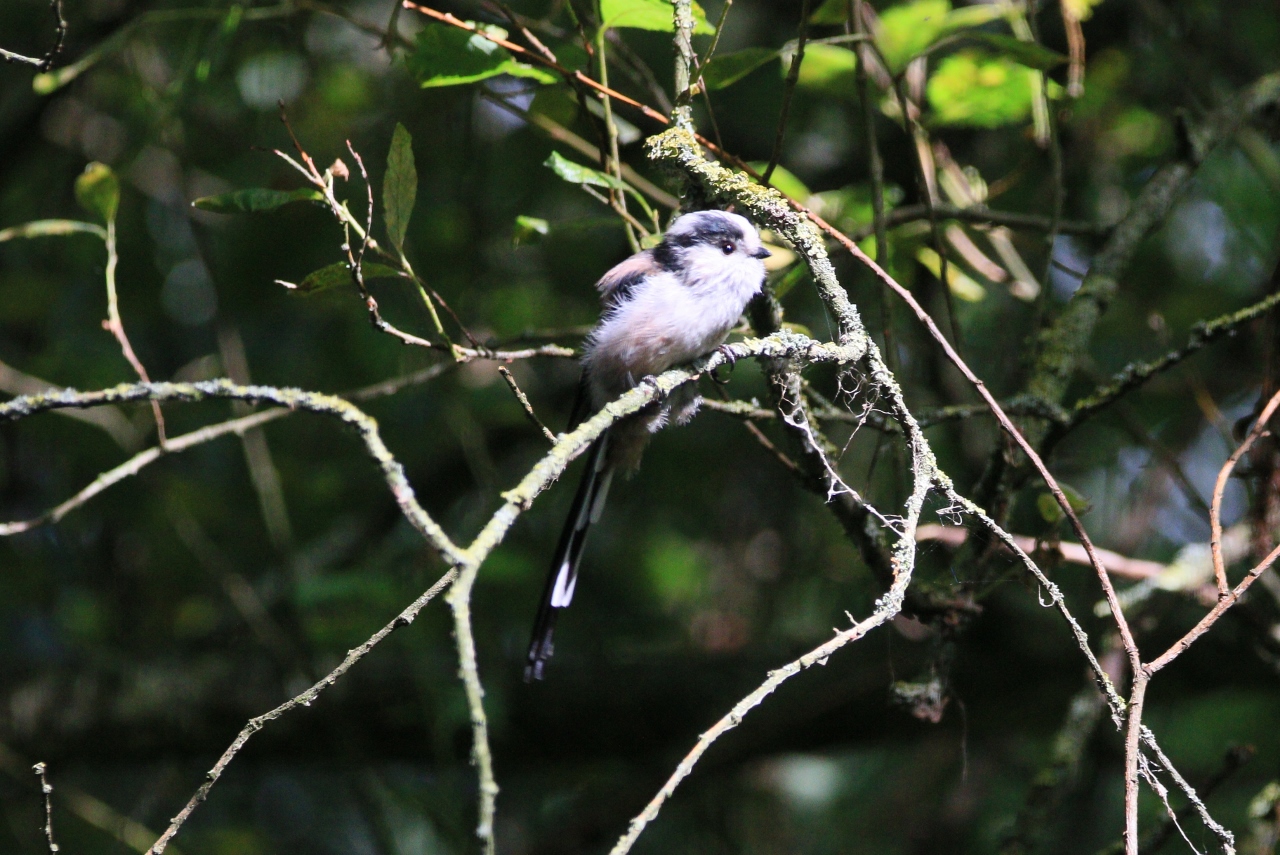
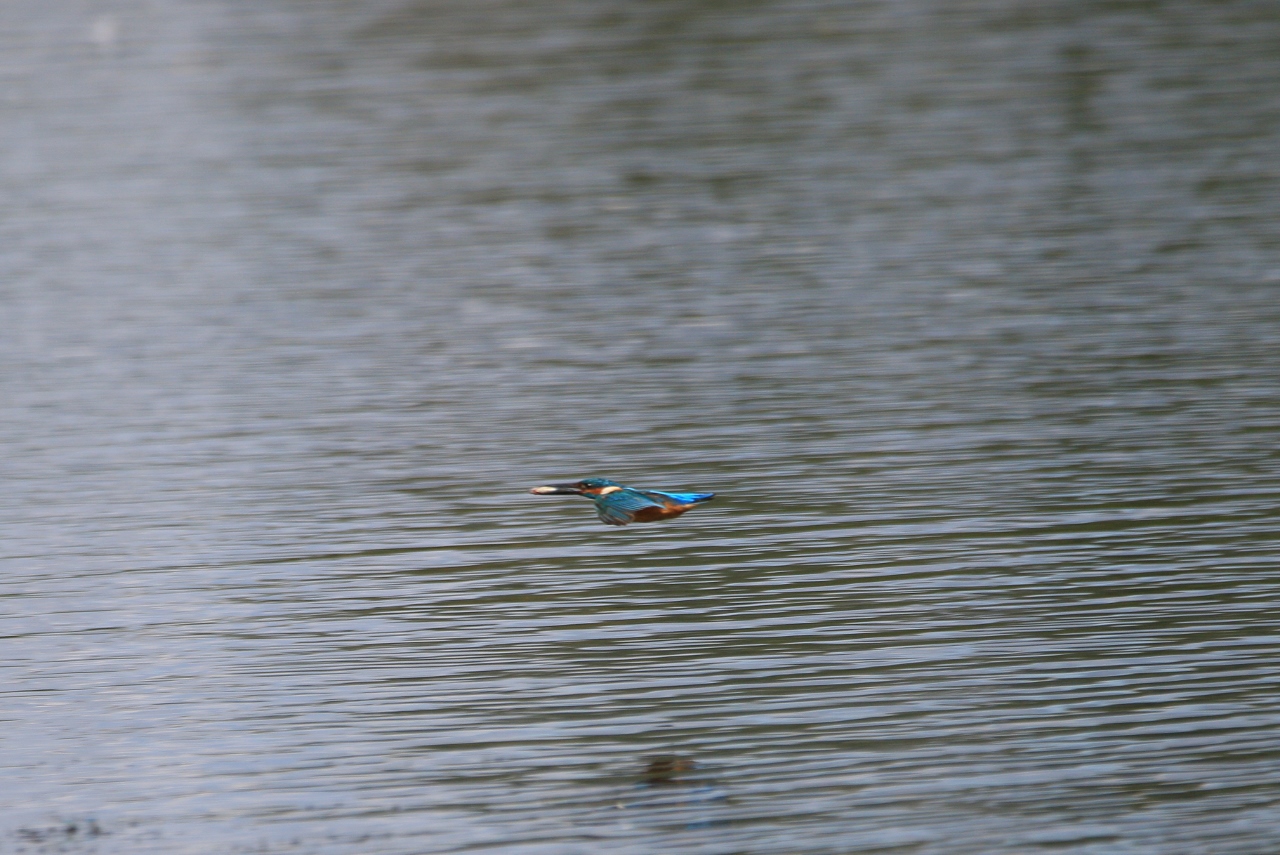
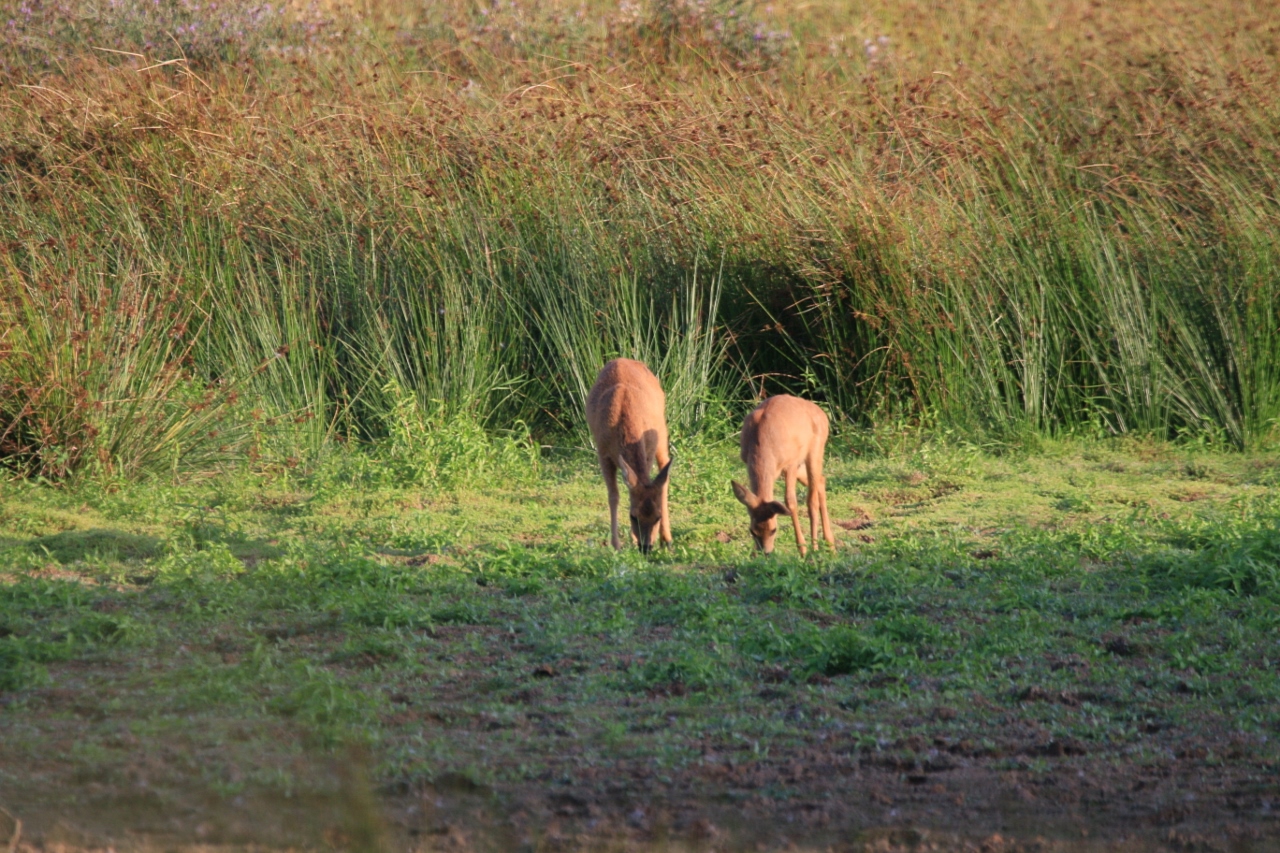
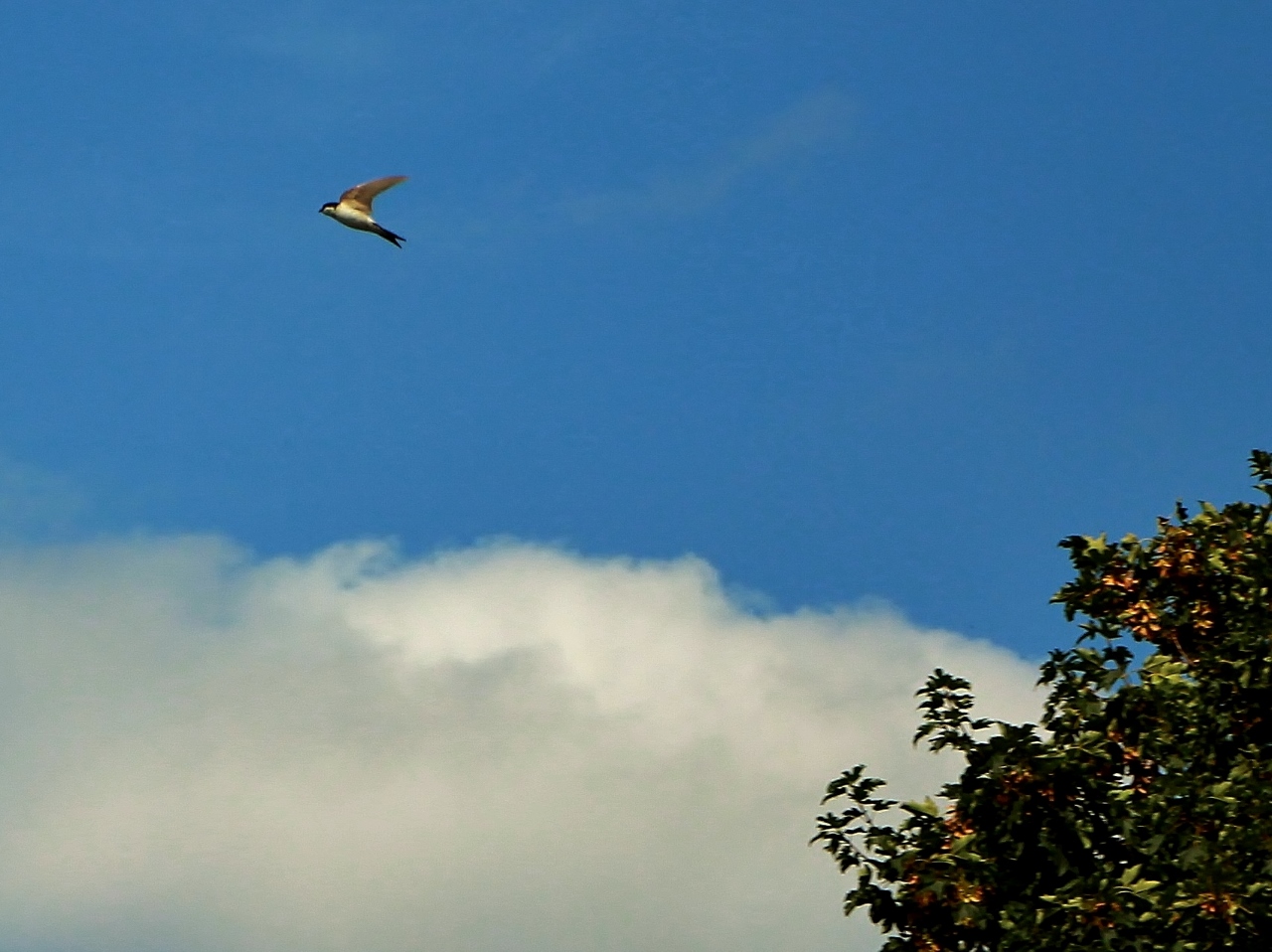
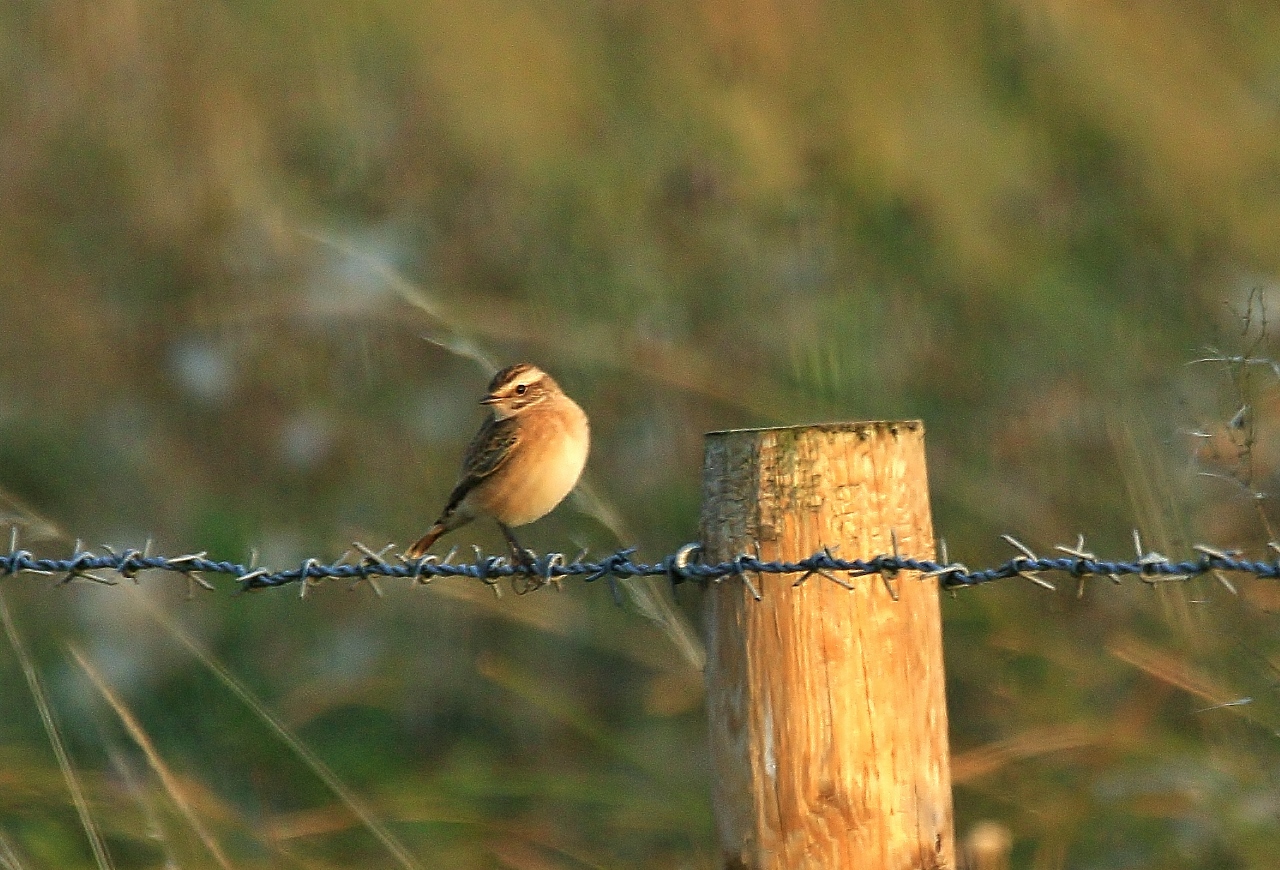
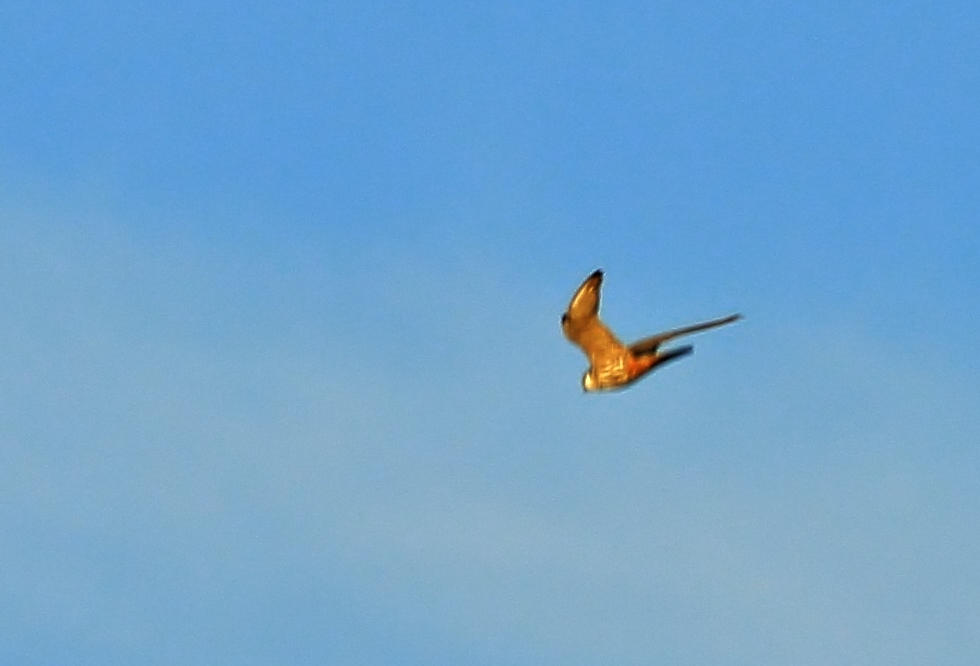
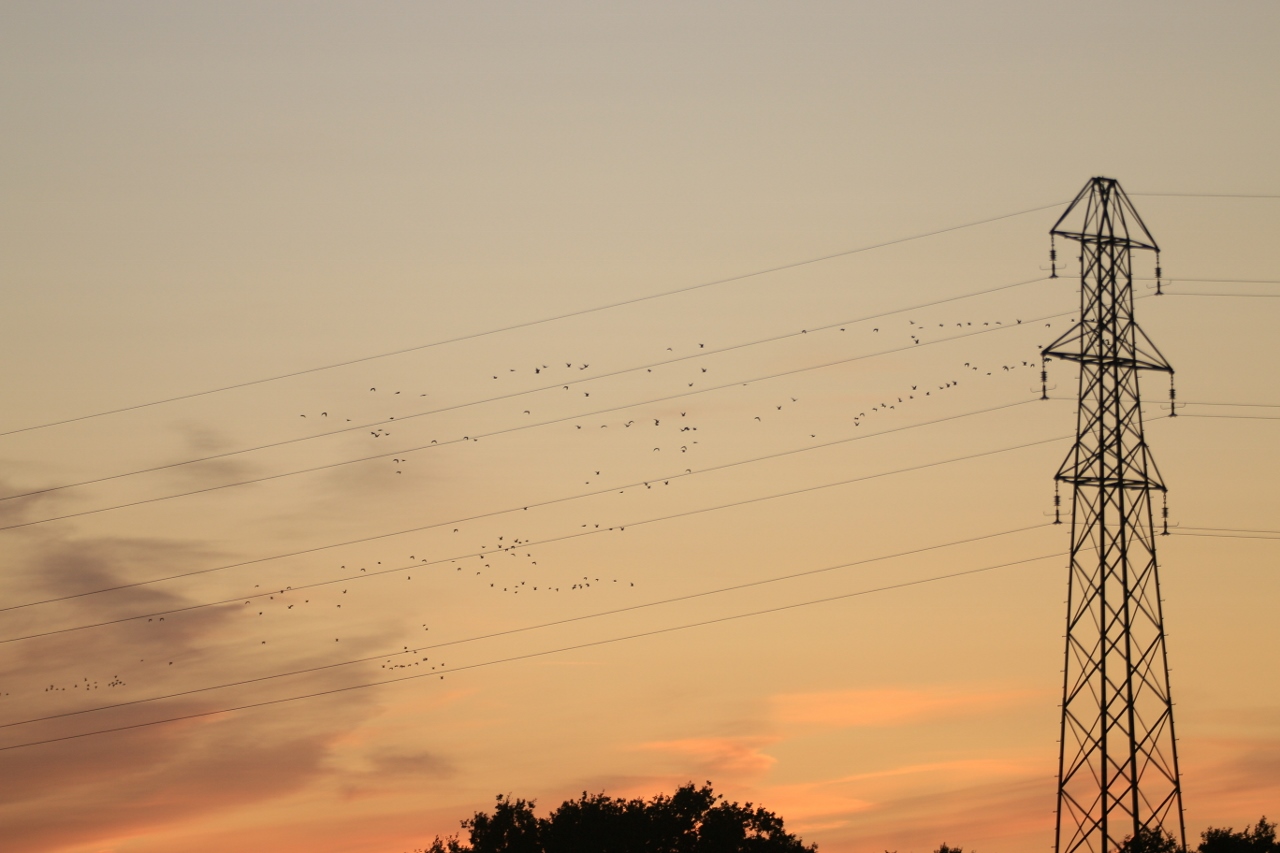






Recent Comments